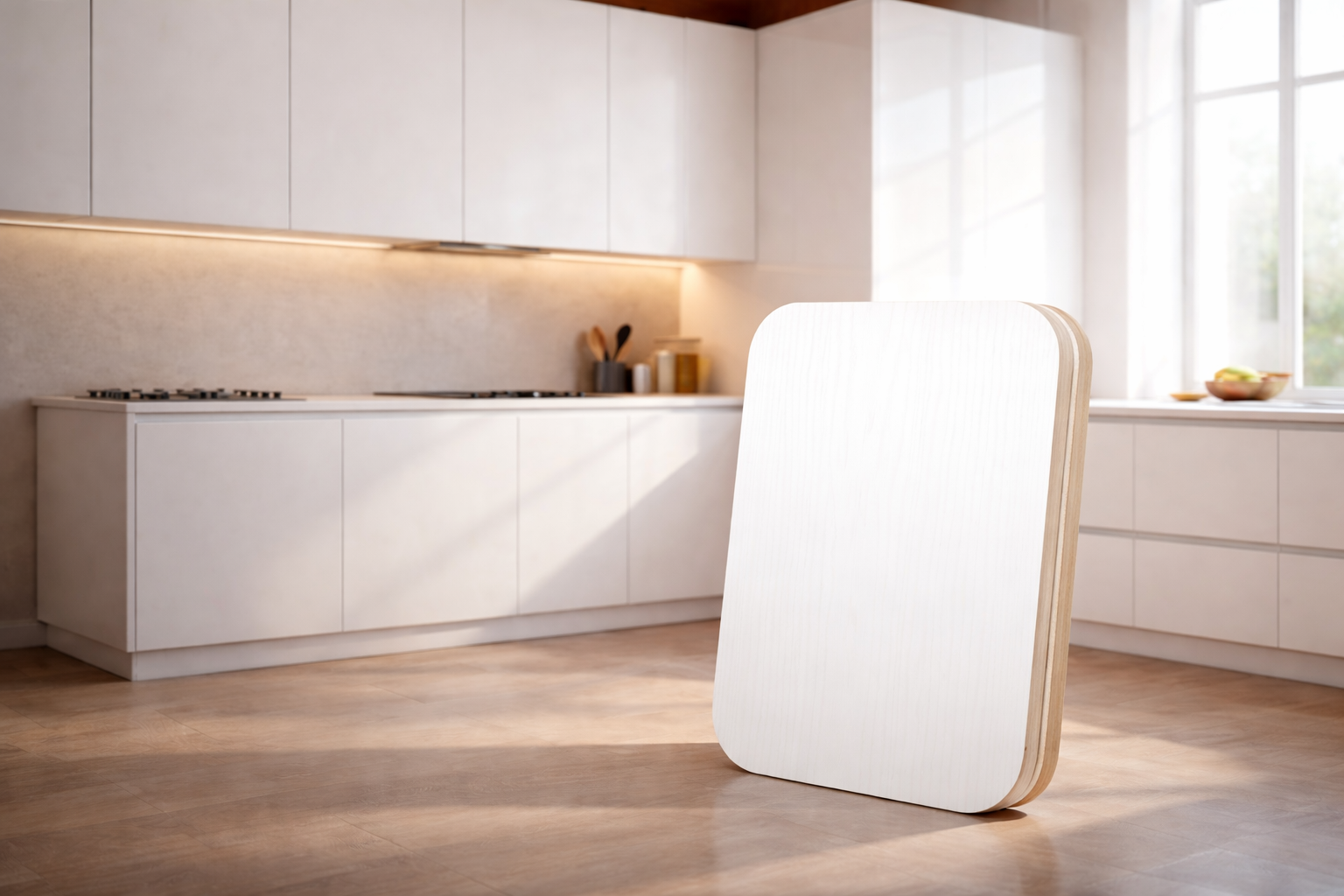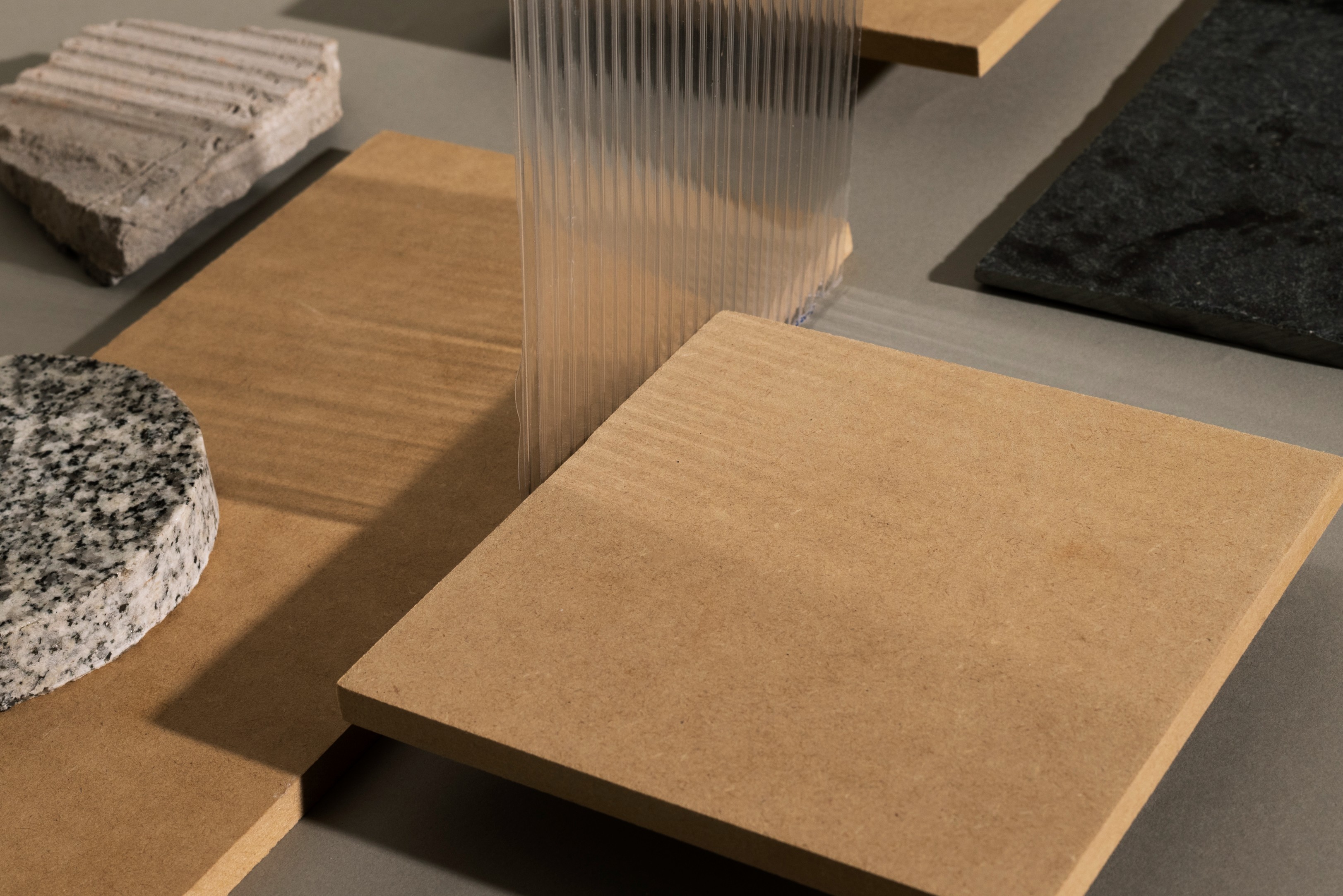
Comparison of WPC Boards with Other Composite Materials: The Complete Guide
When it is about choosing the best material for both interior and exterior use, WPC boards have gained a huge fan base. They are durable, eco-friendly, and versatile, which makes them a great substitute for natural wood and other composite products. At DENWUD, we pride ourselves on providing superior quality solutions to meet the growing need for sustainable and long-lasting materials.
What are WPC boards?
They are materials produced by mixing wood fibres and thermoplastics. This special mixture increases their strength, water resistance, and eco-friendliness. They are not susceptible to termites, rot, or warping like conventional plywood or MDF and are suitable for numerous applications.
How do WPC boards compare to other composites in terms of recyclability?
One of the best aspects of these boards is their recyclability. They differ from many traditional composite materials, which tend to be landfilled, by being recyclable and reusable. The process of making them also consists of using recycled wood fibres and plastics, thus being a green alternative. Composite materials like fibre cement or other forms of MDF are less likely to be recycled because of adhesives and chemical treatments. In addition, recycling WPC boards consumes less energy, so they are an eco-friendly option. Several manufacturers now implement closed-loop recycling systems, which reduce waste further and drive a circular economy.
Are WPC boards biodegradable in comparison to other composite options?
Although WPC boards are not fully biodegradable, they are environmentally friendlier when compared to many conventional composites. They have wood content that contributes to partial biodegradability over time, but the plastic content prevents complete decomposition. Fibre cement and MDF boards, on the other hand, have resins and chemicals that render them much less biodegradable.
Biodegradability is an important concern in green building, and WPC boards can balance between durability and greenness. Though they are not as fast-degrading substances like of natural wood, their longevity reduces replacement requirements, hence making them a greener option in the long term.
What are the uses of wood-plastic composite board?
WPC boards have many plus points, such as:
- Water and Moisture Resistance: They do not absorb water like plywood or MDF, which makes them suitable for wet environments like kitchens and bathrooms.
- Durability: Can withstand cracking, warping, and termite attacks, which ensures their longevity.
- Eco-Friendliness: Made out of recycled materials, and thus they support sustainability.
- Aesthetic Appeal: Are available in many textures and colours and can closely resemble the appearance of natural wood.
- Fire Resistance: They possess better fire-resistant properties than ordinary wood.
- Easy Installation: They can be cut, drilled, and moulded like wood with no need for special equipment.
Another significant benefit of WPC boards is that they can withstand extreme weather conditions and are therefore applicable for outdoor purposes as well. Their UV-resistant nature avoids fading and degradation over a period of time.
Do WPC boards need special maintenance compared to other materials?
One of the most significant benefits of these boards is that they are low maintenance. While natural wood requires polishing every now and then and must be treated against termites, it can be cleaned occasionally with mild soap and water. Other composite materials, like fibre cement boards, will at times need periodic sealing and painting to preserve their appearance and life span.
In addition, it does not need chemical treatments to be resistant to termites and fungi, so they are a healthier choice for indoor applications. Homeowners and companies can save on maintenance costs in the long run, and WPC boards are a cost-saving investment.
How do WPC boards work in kitchen and bathroom spaces?
WPC boards are apt for kitchen and bathroom spaces because they are moisture-resistant. Unlike normal wood, which can decay when it comes into contact with water, they are not affected and do not lose their structure. Also, being resistant to termites and mould, they are a great option for humid conditions.
In modular kitchens, WPC boards are commonly used for cabinets and countertops because they can withstand high temperatures and humidity. Likewise , they are used in bathroom vanities and partitions, where water is frequently exposed.
What are the uses for WPC boards compared to other composite materials?
WPC boards are highly adaptable and may be utilised for different purposes, including:
- Furniture Making: Suitable for making wardrobes, cabinets, and shelves.
- Modular Kitchens: A great substitute for plywood for kitchen cabinets.
- Wall Cladding: Offers a good aesthetic and strong option for exterior and interior walls.
- Ceilings: Applied in decorative and practical ceiling installations.
- Partitions: Excellent for making partitions in offices and houses.
- Flooring : Provides a wood-like look with increased durability.
- Signage & Advertising Boards: Their smooth surface and weather resistance make them ideal for outdoor signs.
Furthermore, WPC boards are used for garden fencing, decking, and pergolas, beautifying outdoor areas with their wood-like natural finish and durability.
A new trend in Kerala: WPC Boards
The climatic conditions in Kerala are very humid, which makes traditional wood highly susceptible to termite attack and water. Hence, WPC boards in Kerala have become a popular choice among residential and commercial consumers.
Their resistance to termites and moisture and ability to endure tough weather conditions make them highly appropriate for Kerala's climatic conditions. As more people become aware of sustainable building, architects and builders increasingly recommend WPC boards in Kerala for residential and business constructions. Due to their long durabilityand minimal maintenance needs, they are an economical substitute for traditional wood-based products.
The function of multiwood dealers in the WPC Market
Multiwood dealers are responsible for bringing WPC boards to end users. They offer quality and long-lasting material for different applications, providing buyers with dependable and long-lasting materials. Through purchasing from reputable dealers, buyers have the ability to make informed decisions and invest in materials that serve their particular applications.
Most of these dealers now carry a large range of these boards, responding to the increasing demand for sustainable and long-lasting materials. They also provide professional guidance on the most suitable uses for WPC boards. This includes helping customers in choosing the suitable solutions for their homes and businesses.
Conclusion
WPC boards excel over a lot of conventional and composite materials when it comes to recyclability, longevity, maintenance, and versatility. They provide a sustainable, long-lasting, and top-notch solution compared to wood and other composites. Because of growing demand for WPC boards in Kerala, multi-wood dealers are promoting innovative and sustainable solutions for new construction and interior demands.
At DENWUD, we are keen on offering high-quality WPC boards for various uses. For furniture, flooring, or wall cladding, their many advantages make them a better option compared to conventional wood and other composites. With the increasing demand for eco-friendly building materials, these boards will be at the forefront of the future of interior and exterior design.
Recent Blogs
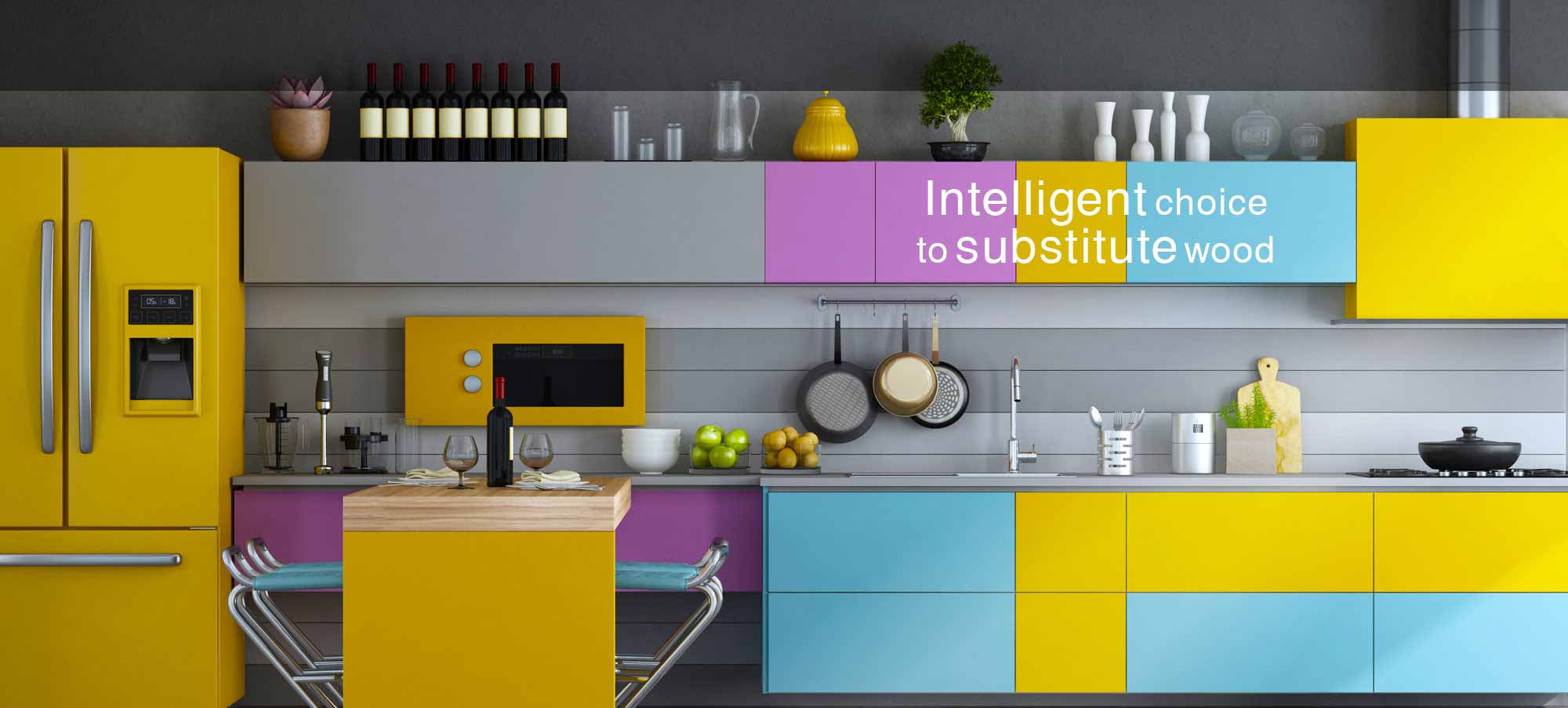
How to make Kitchen attractive?
09 Oct, 2021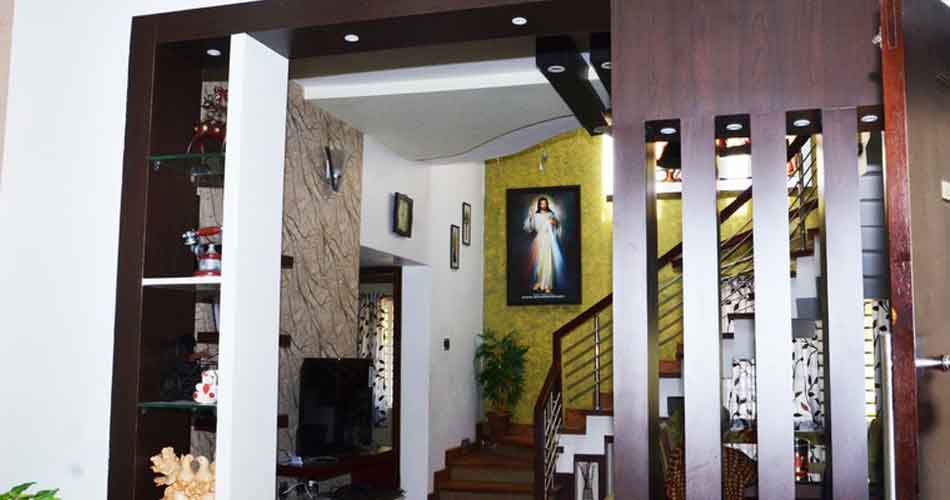
Interior design materials that are the most Eco-Fr...
11 Oct, 2021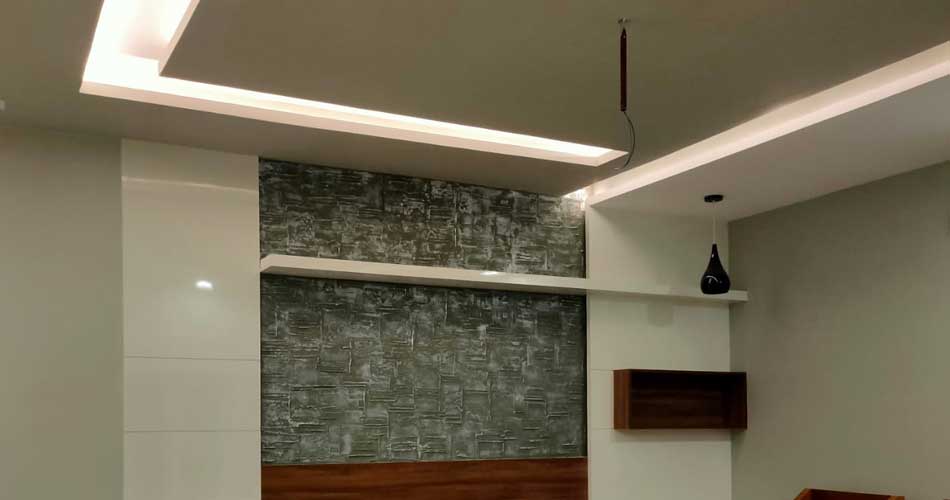
Ideas for Stunning Ceilings
11 Oct, 2021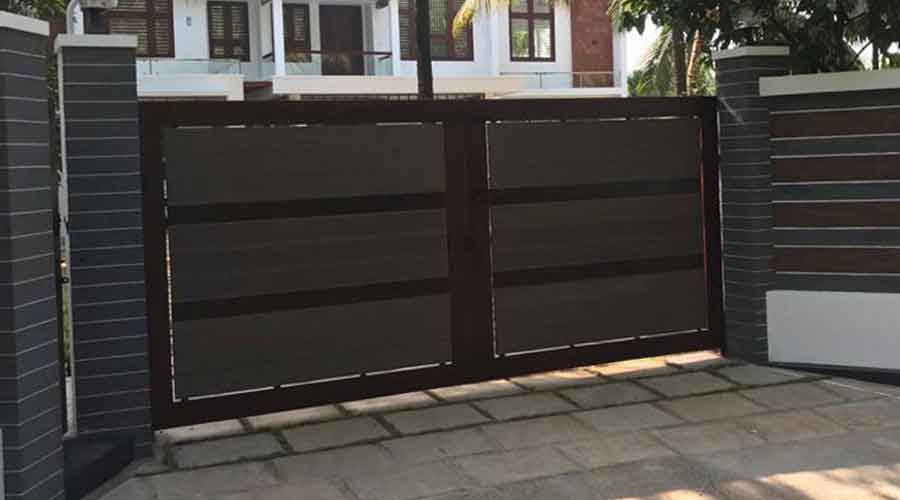
Looking for an appropriate Gate for your House?
29 Oct, 2021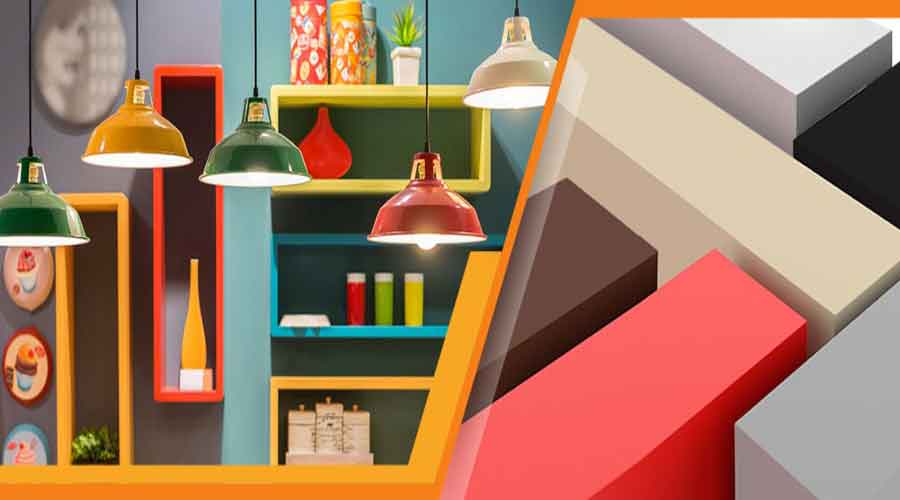
Manufacturing and Resistance of WPC Boards, PVC Sh...
29 Oct, 2021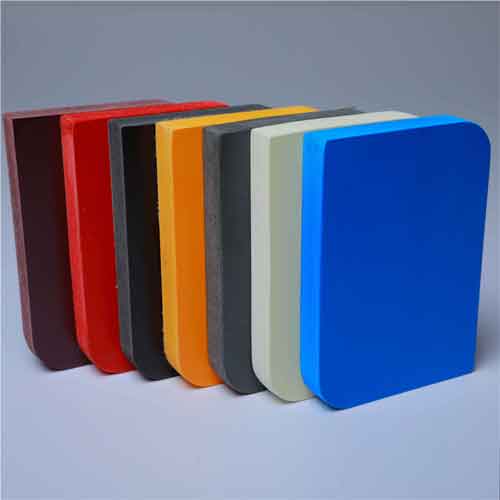
Why most people choose PVC Walls
19 Jan, 2022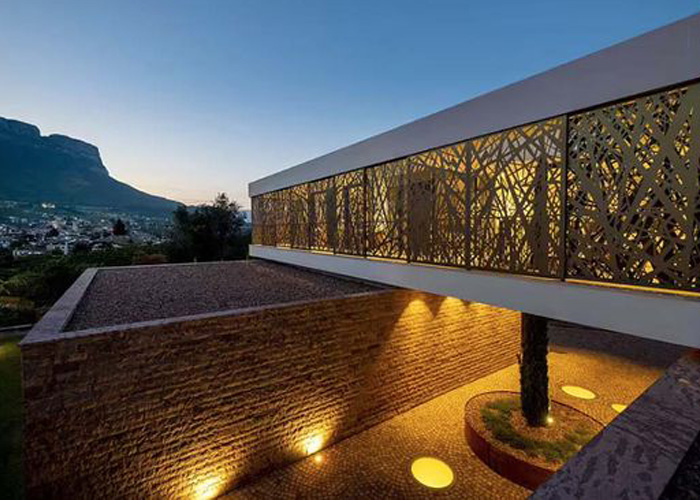
How Amazingly Facade Adorns An Architecture!
02 Mar, 2022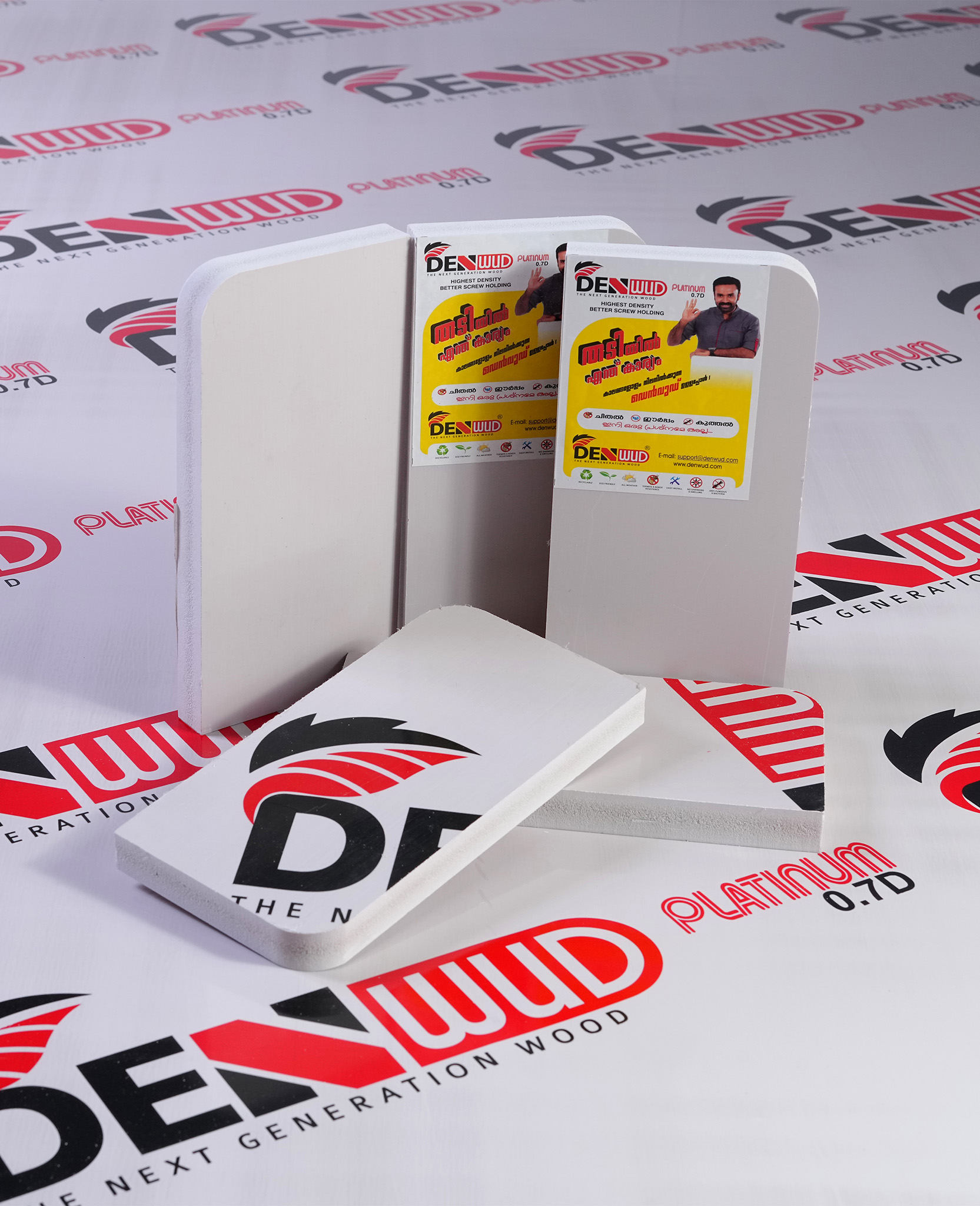
Advantages of WPC Boards Over Plywoods
20 Dec, 2023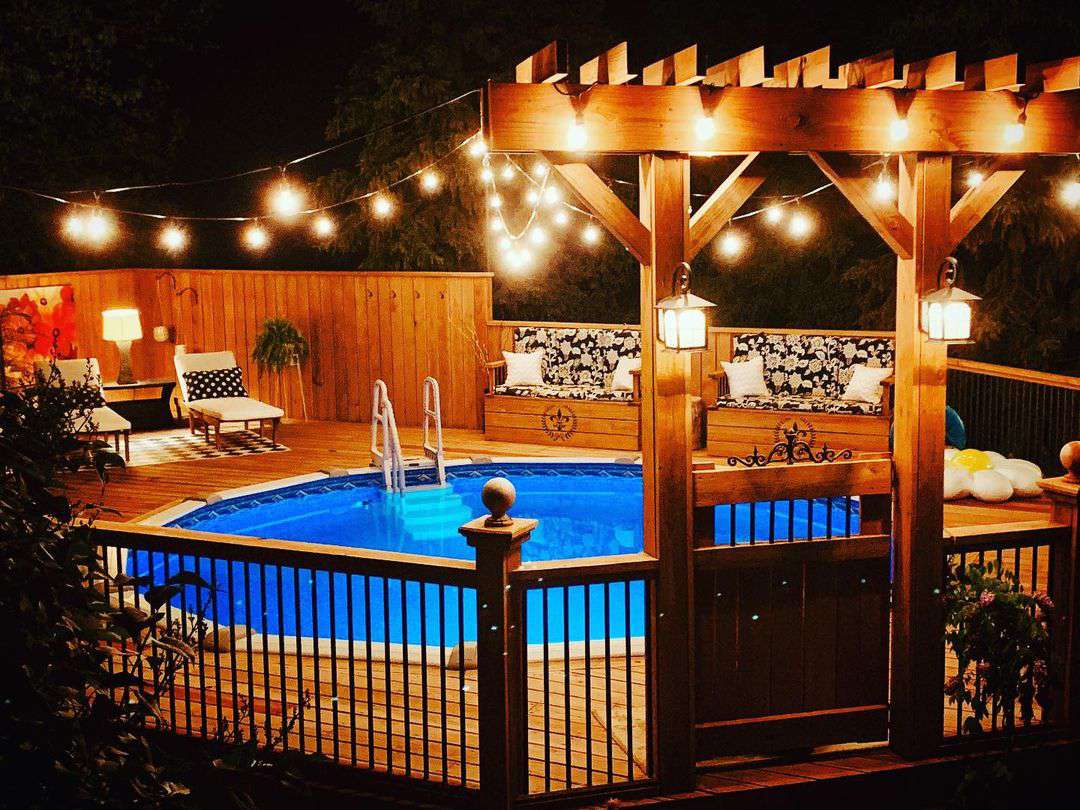
Creating Stunning Outdoor Spaces with Denwud's...
08 Jan, 2024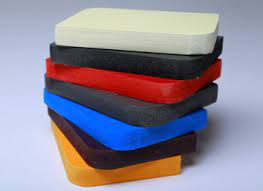
5 Reasons Why You Should Choose PVC Foam Sheets...
10 Jan, 2024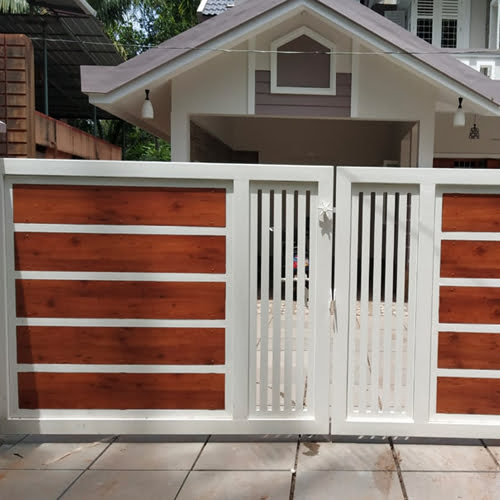
Installing and Maintaining PVC and WPC Products
18 Jan, 2024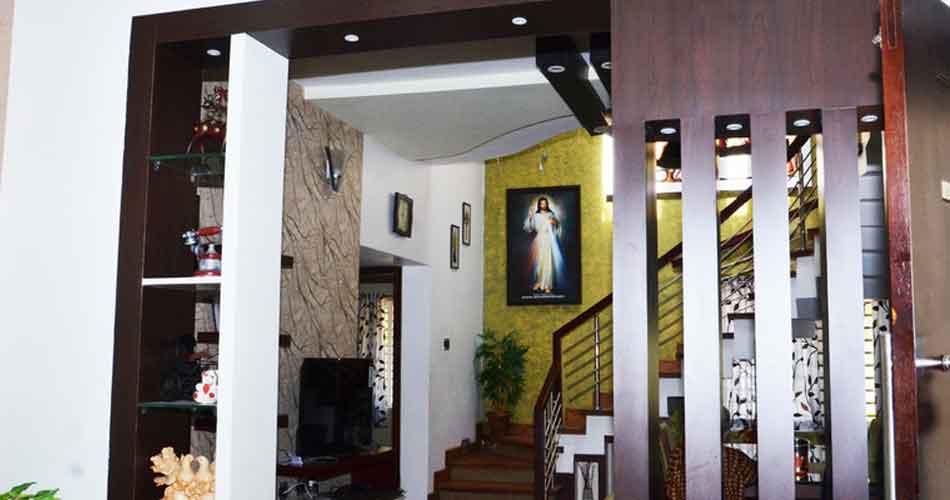
How to Create an Eco-Friendly Interior
29 Jan, 2024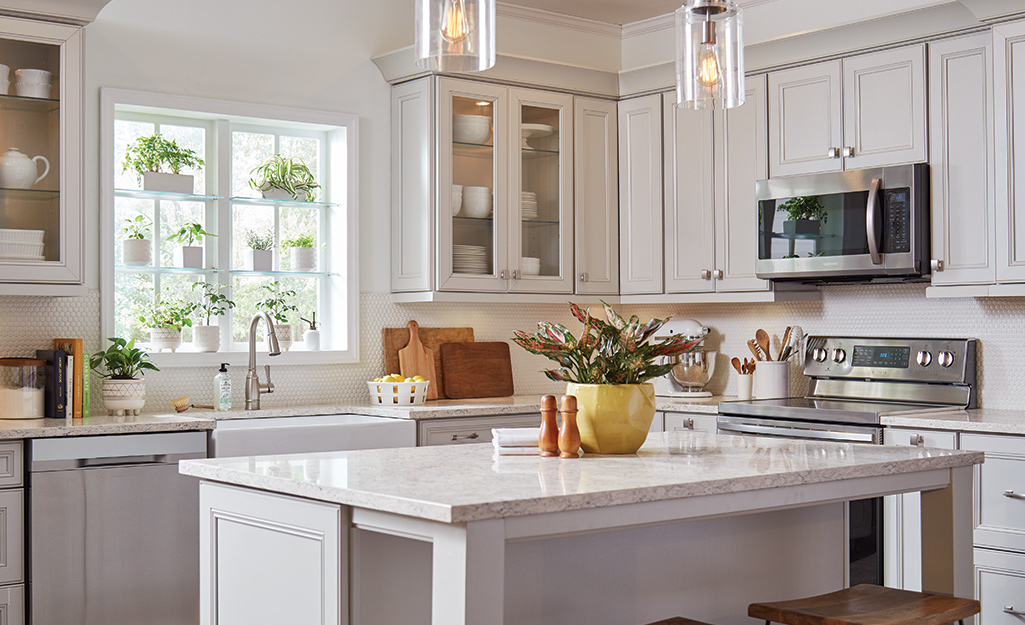
5 Creative Ideas for Kitchen Cabinets
06 Feb, 2024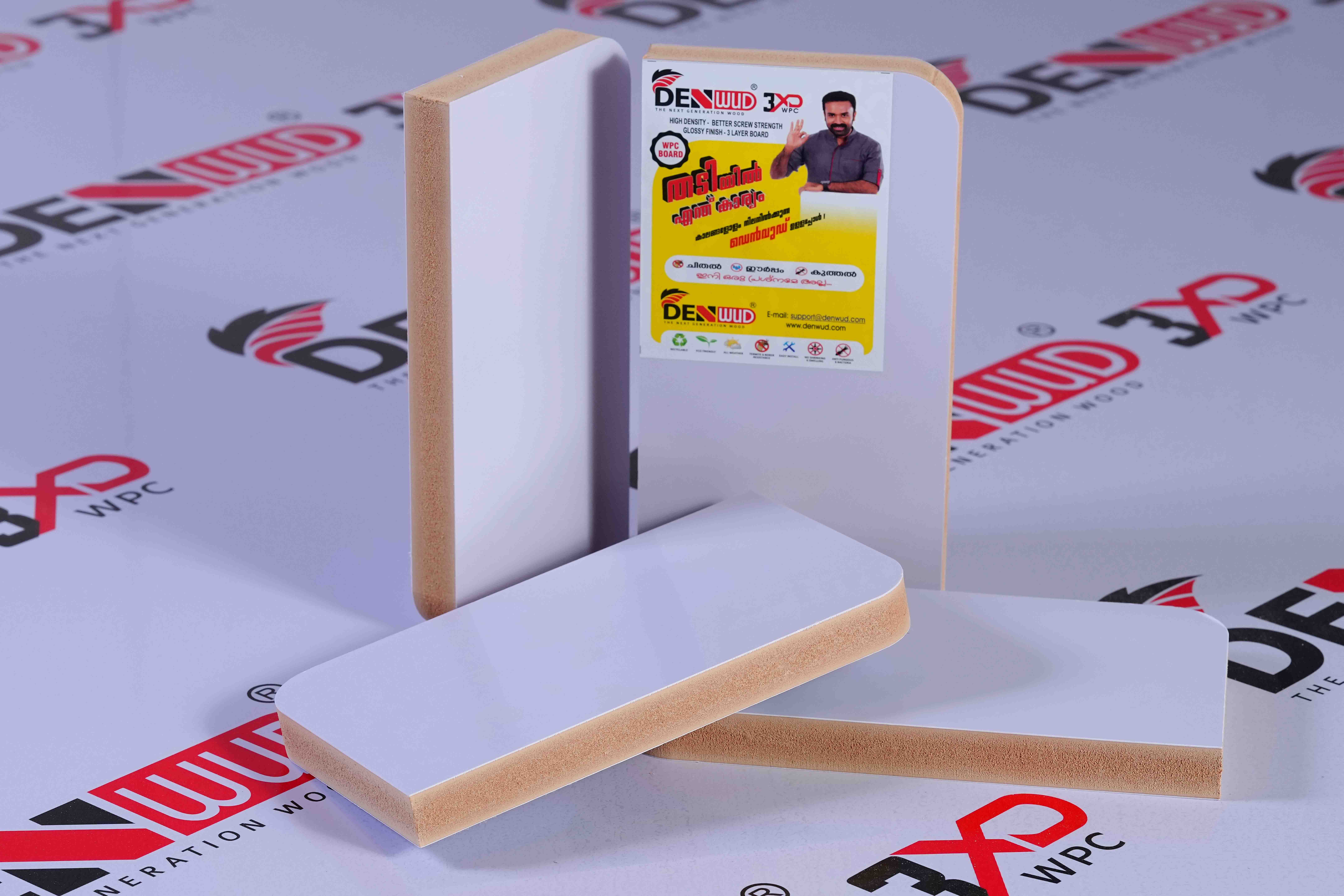
Benefits of Choosing WPC Boards | Denwudn | Kerala
14 Feb, 2024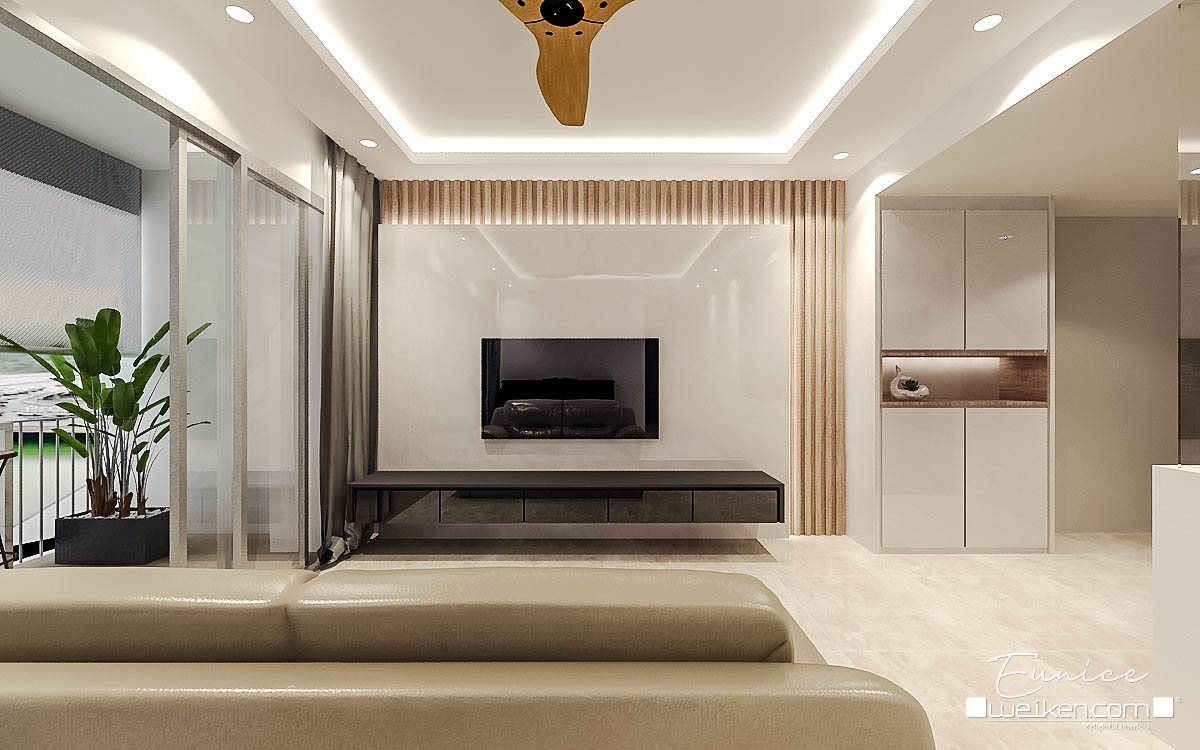
Interior Design Ideas with Fluted Wall and Ceiling...
22 Feb, 2024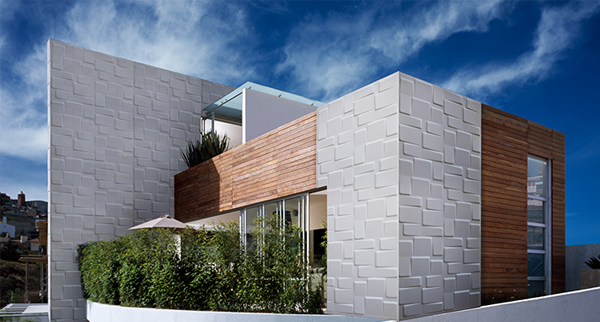
Why WPC Is The Architect’s New Favorite
11 Mar, 2024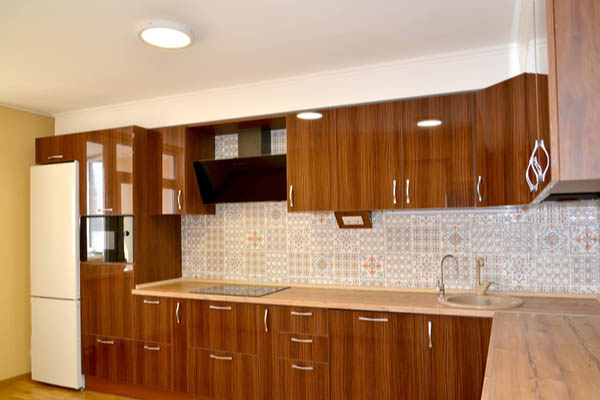
Advantages of PVC Furniture: Stylish, Durable, and...
19 Mar, 2024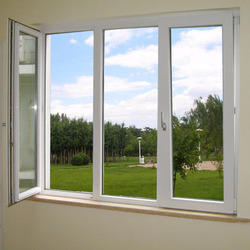
4 Reasons Why PVC Windows and Doors Are the Ultima...
27 Mar, 2024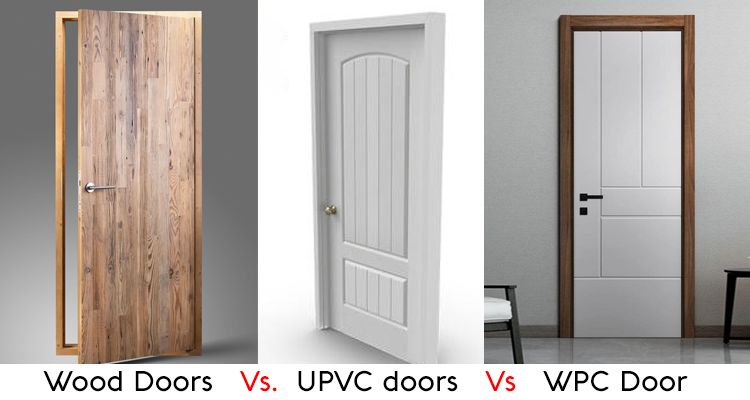
Which is the Superior Choice? WPC Doors vs. FRP Do...
11 Apr, 2024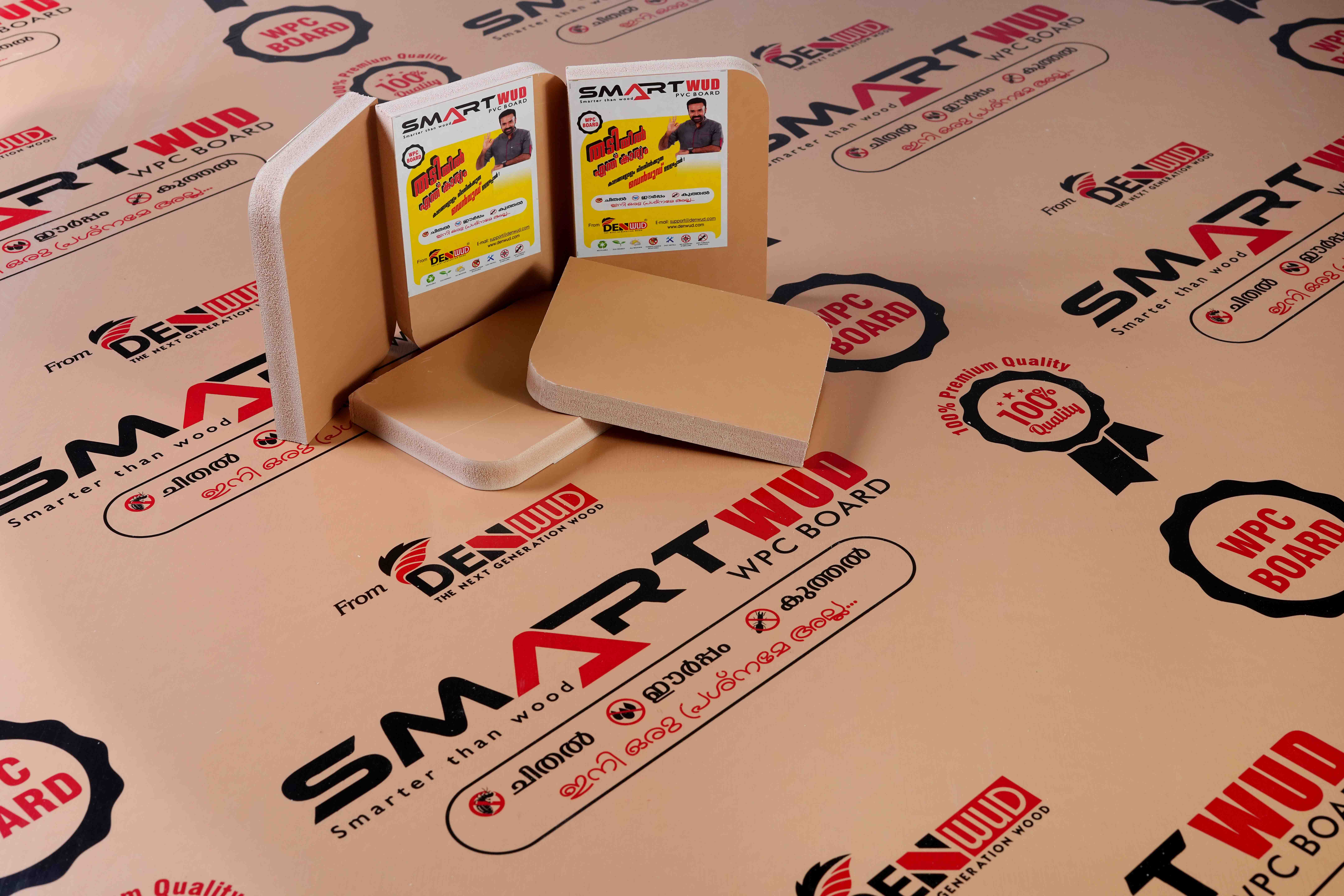
5 Reasons why you should use WPC doors
14 May, 2024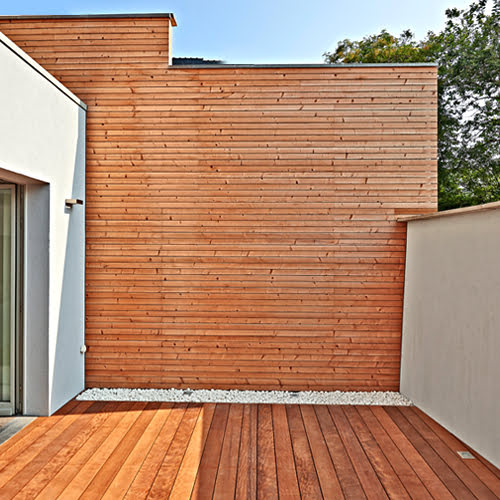
Choose Sustainability with WPC Board: The Future o...
30 May, 2024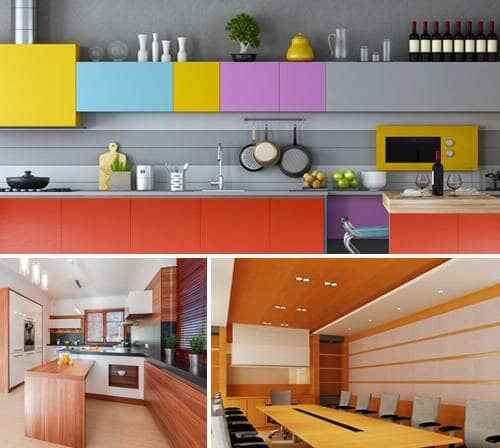
Comparing WPC Boards to Traditional Wood: Pros and...
25 Jun, 2024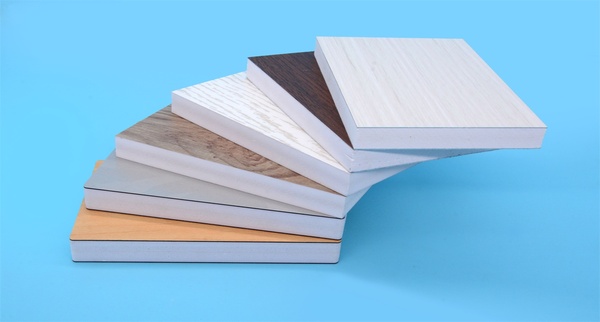
Choosing the Right PVC Foam Board for Your Project...
25 Jul, 2024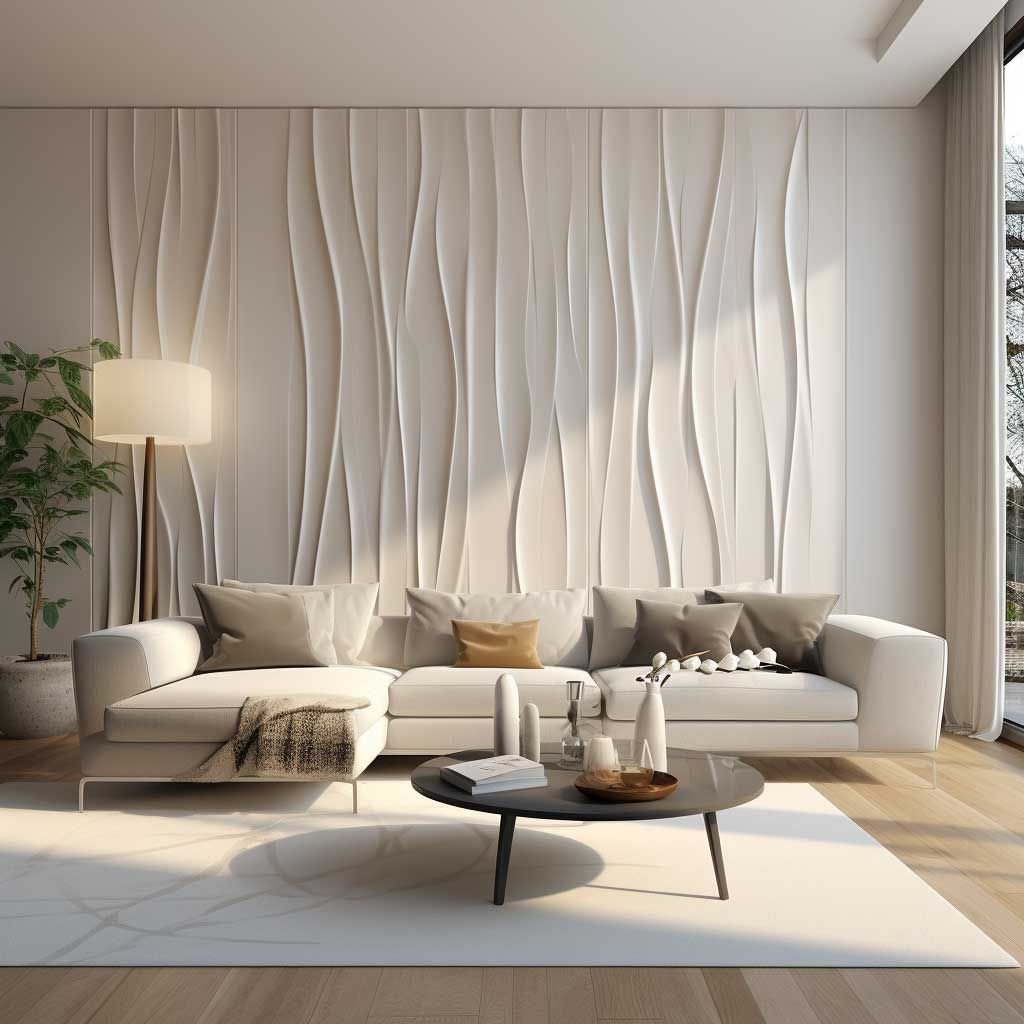
Transforming Interiors with PVC Foam Board: Modern...
16 Aug, 2024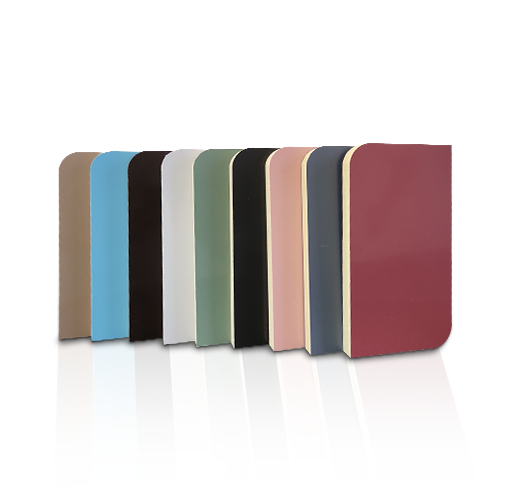
Maintaining and caring for WPC boards: Tips for Lo...
28 Aug, 2024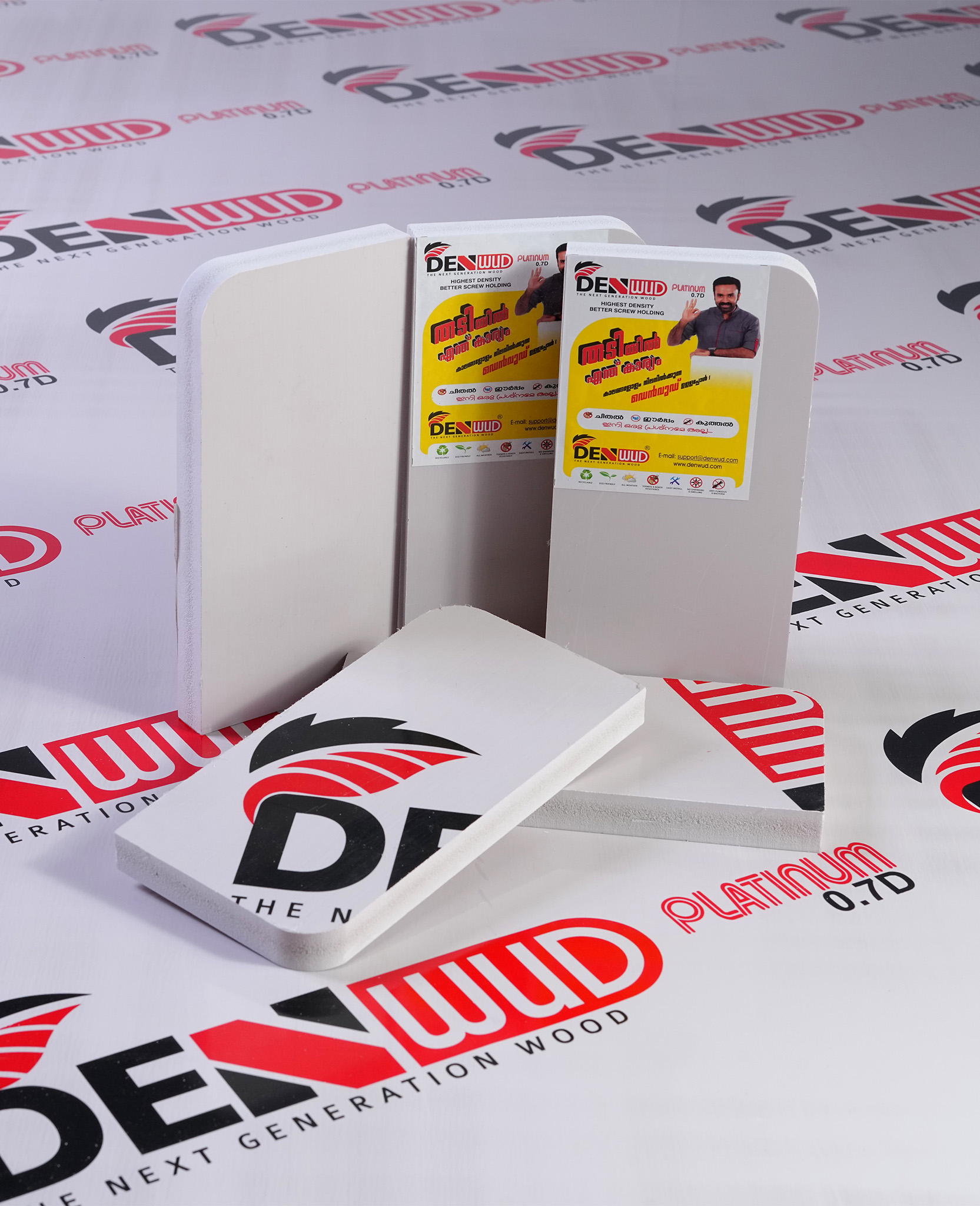
Why WPC Boards Are the Perfect Eco-Friendly Altern...
11 Oct, 2024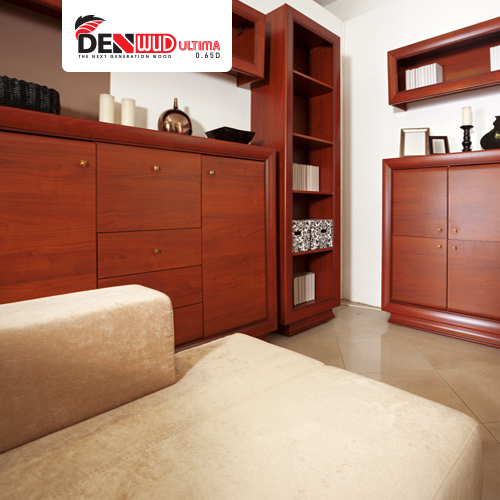
Building Your Dream Interior? Here’s Why WPC and P...
29 Oct, 2024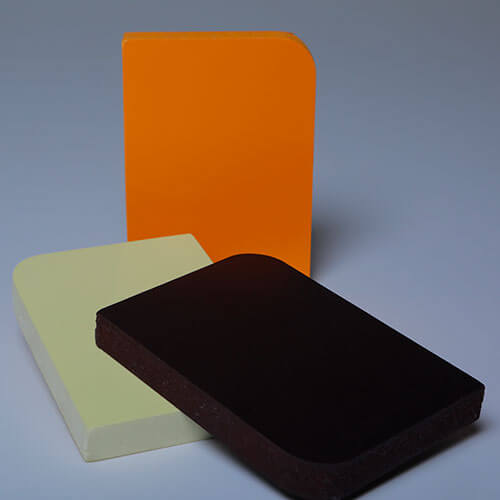
How to Select the Proper PVC Foam Board Thickness...
07 Nov, 2024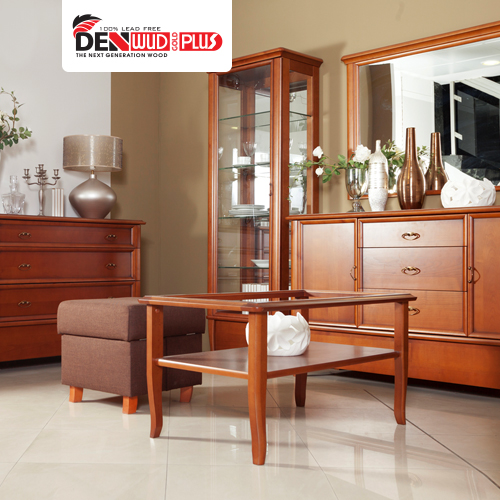
Top Reasons to Choose Multiwood Sheets for Your Ho...
15 Nov, 2024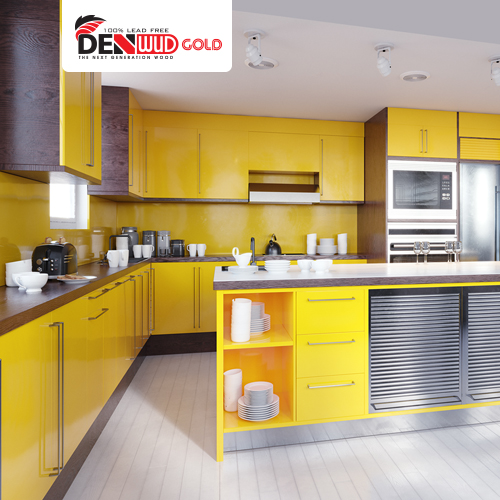
How to Choose the Best Multiwood Dealer for Your H...
05 Dec, 2024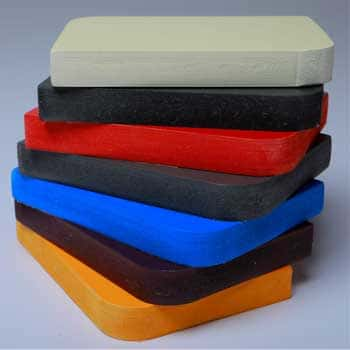
Cost-Effective Solutions: How PVC Foam Boards Can...
28 Dec, 2024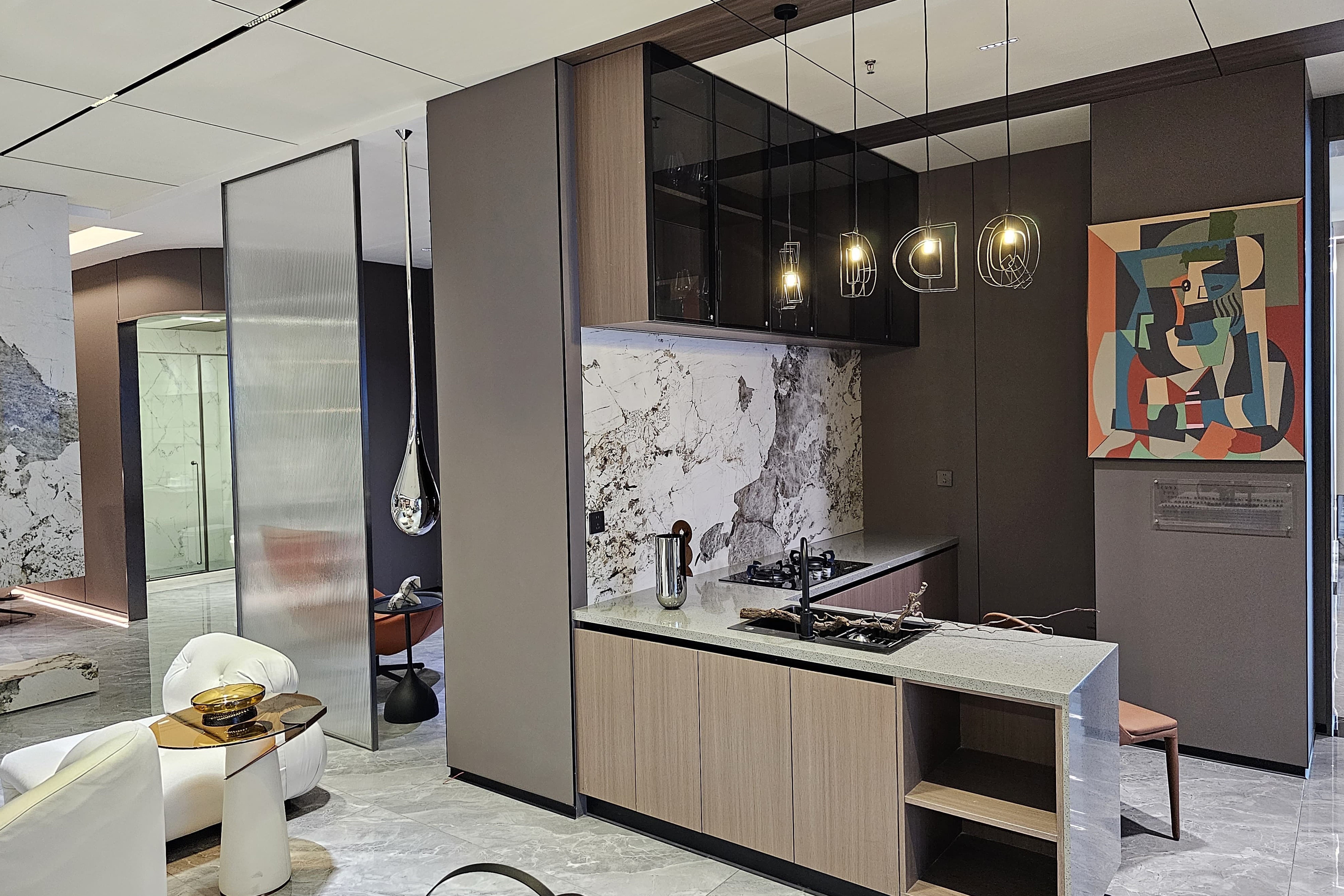
The Process of Manufacturing WPC Boards: From Wast...
09 Jan, 2025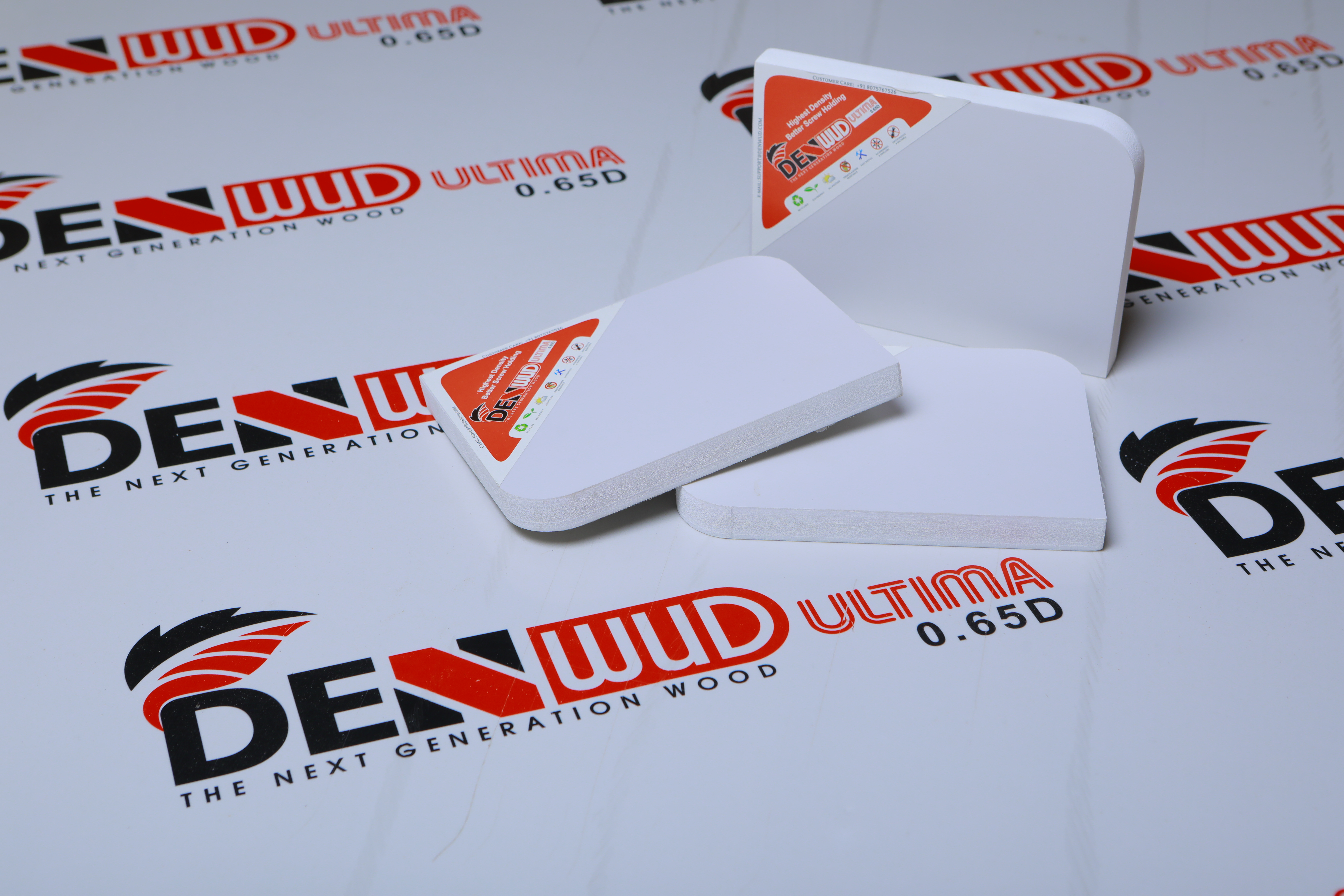
How Denwud Sheets Offer a Budget-Friendly Solution...
30 Jan, 2025
Why Choose WPC Boards for Your Home Renovation in...
14 Feb, 2025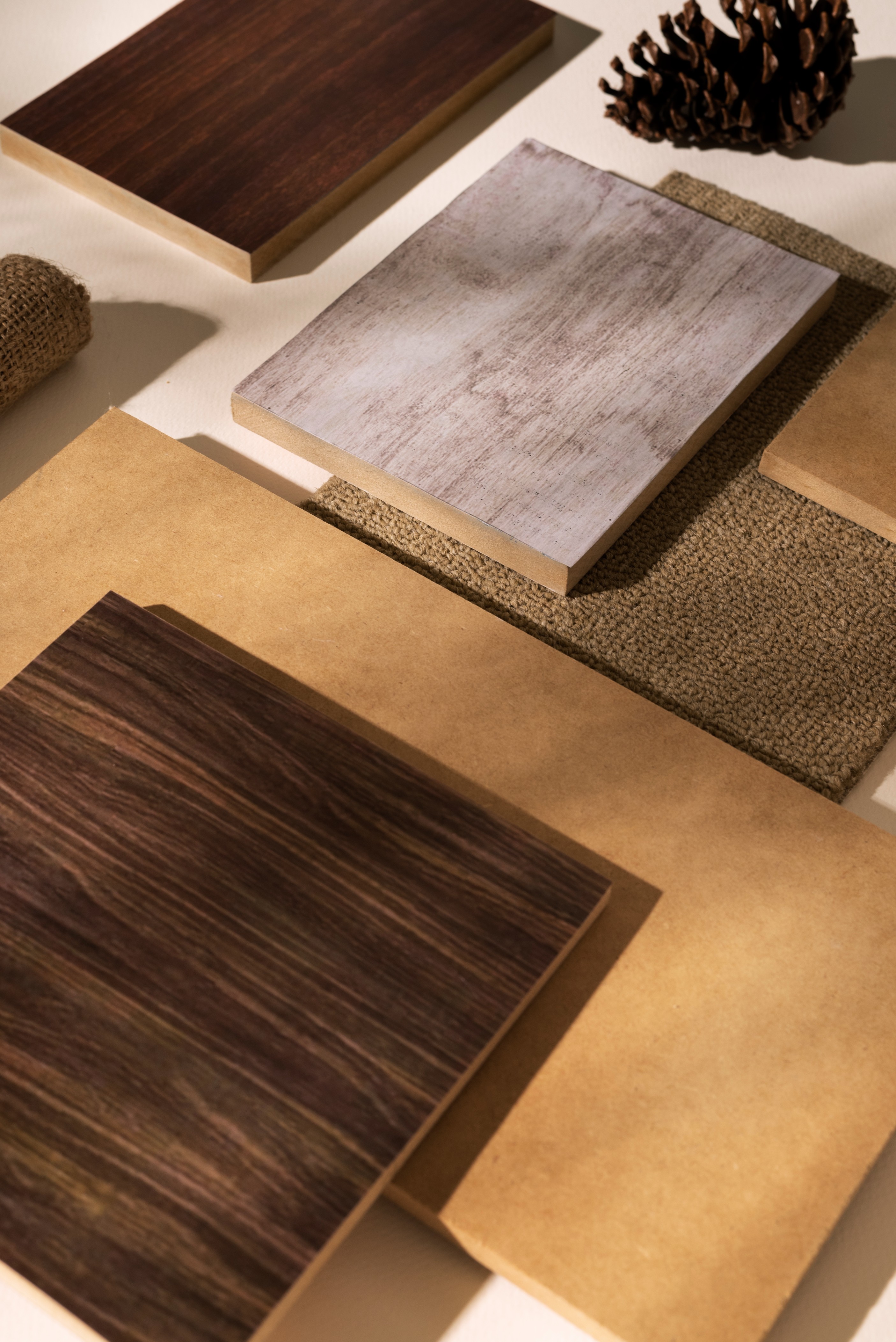
WPC Boards for Outdoor Use: Durability and Weather...
25 Feb, 2025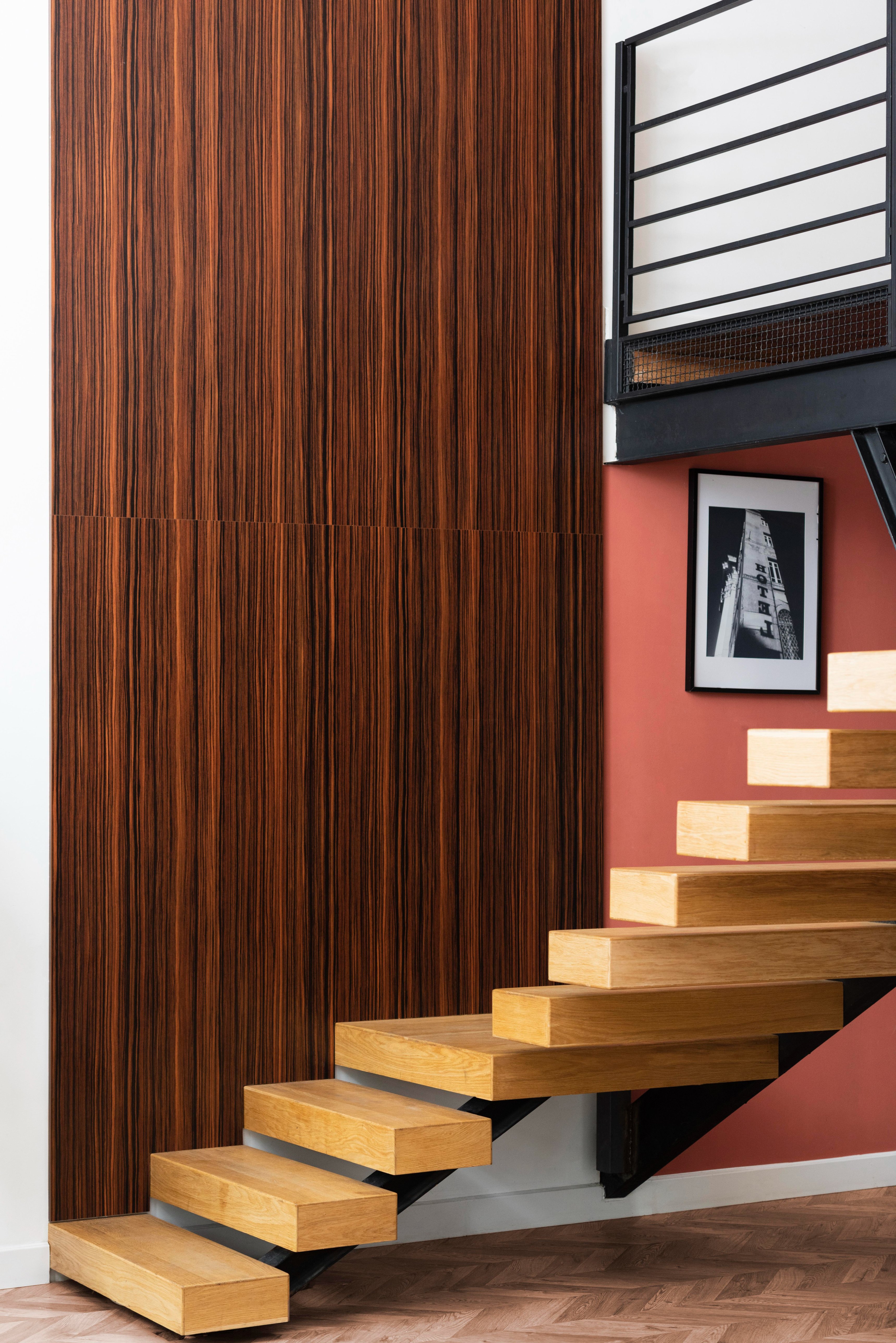
Why Multiwood is the Preferred Choice for Modern H...
14 Mar, 2025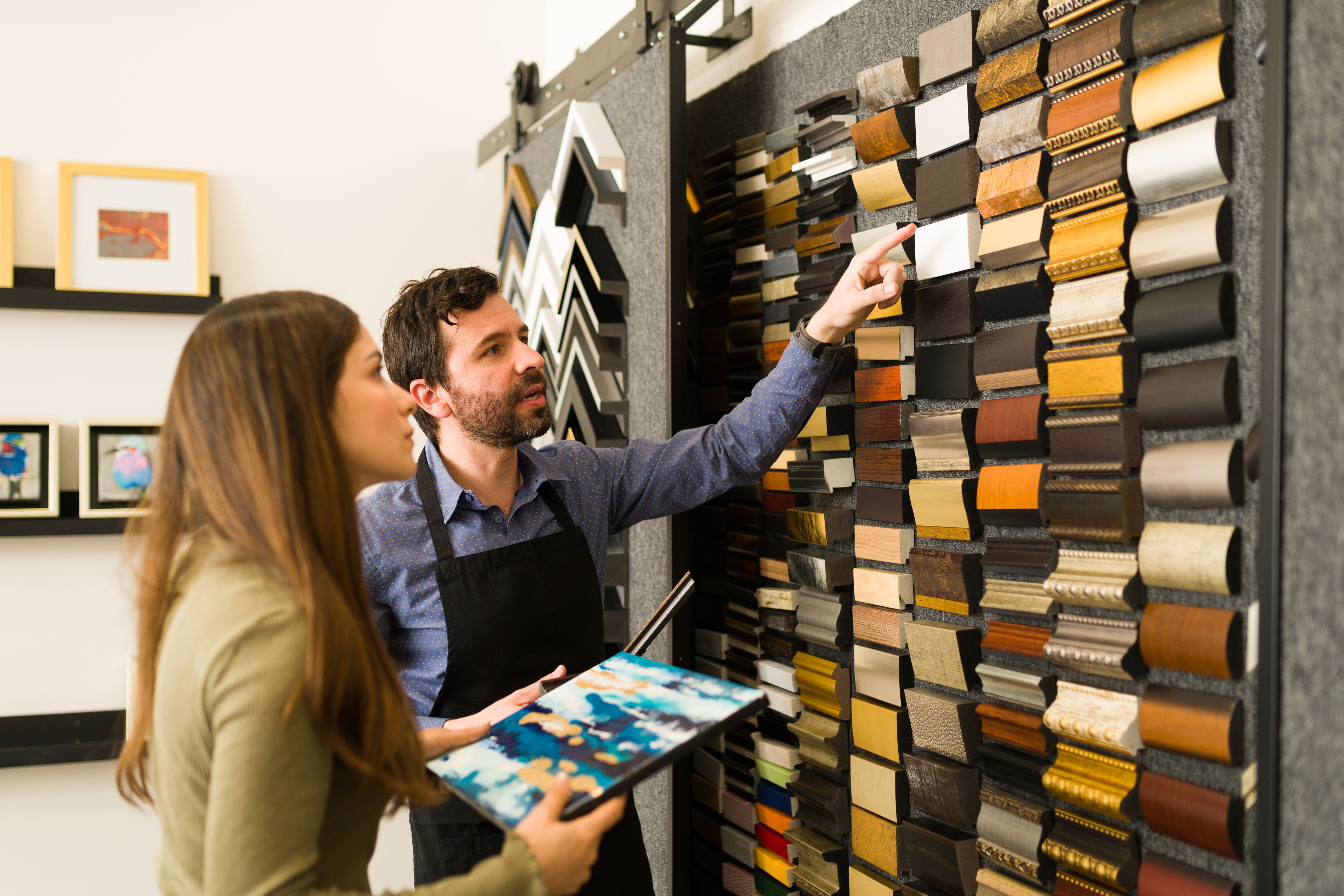
How to Choose the Best Multiwood Dealers for Your...
11 Apr, 2025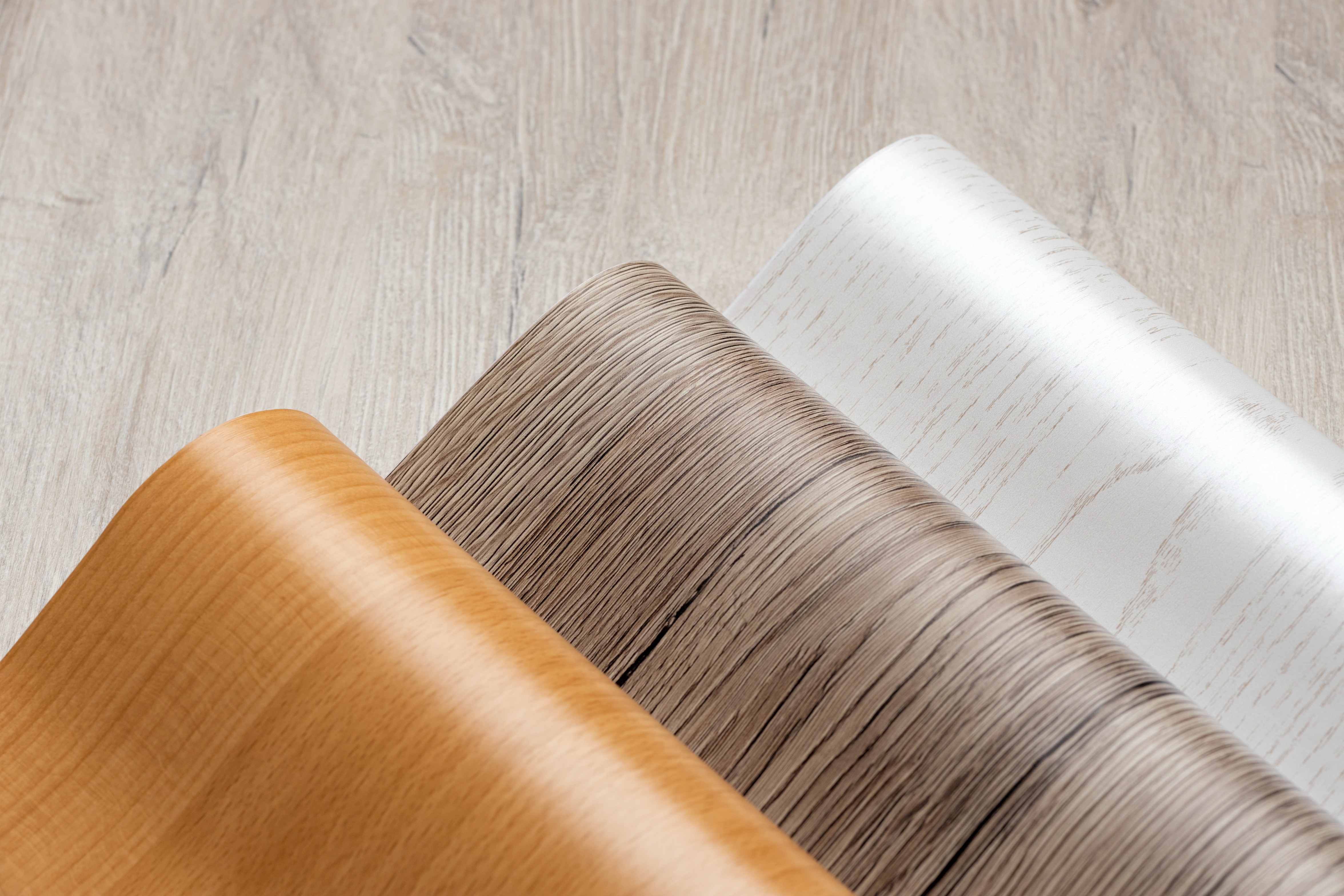
Advantages of Using Multiwood Sheets Over Plywood
25 Apr, 2025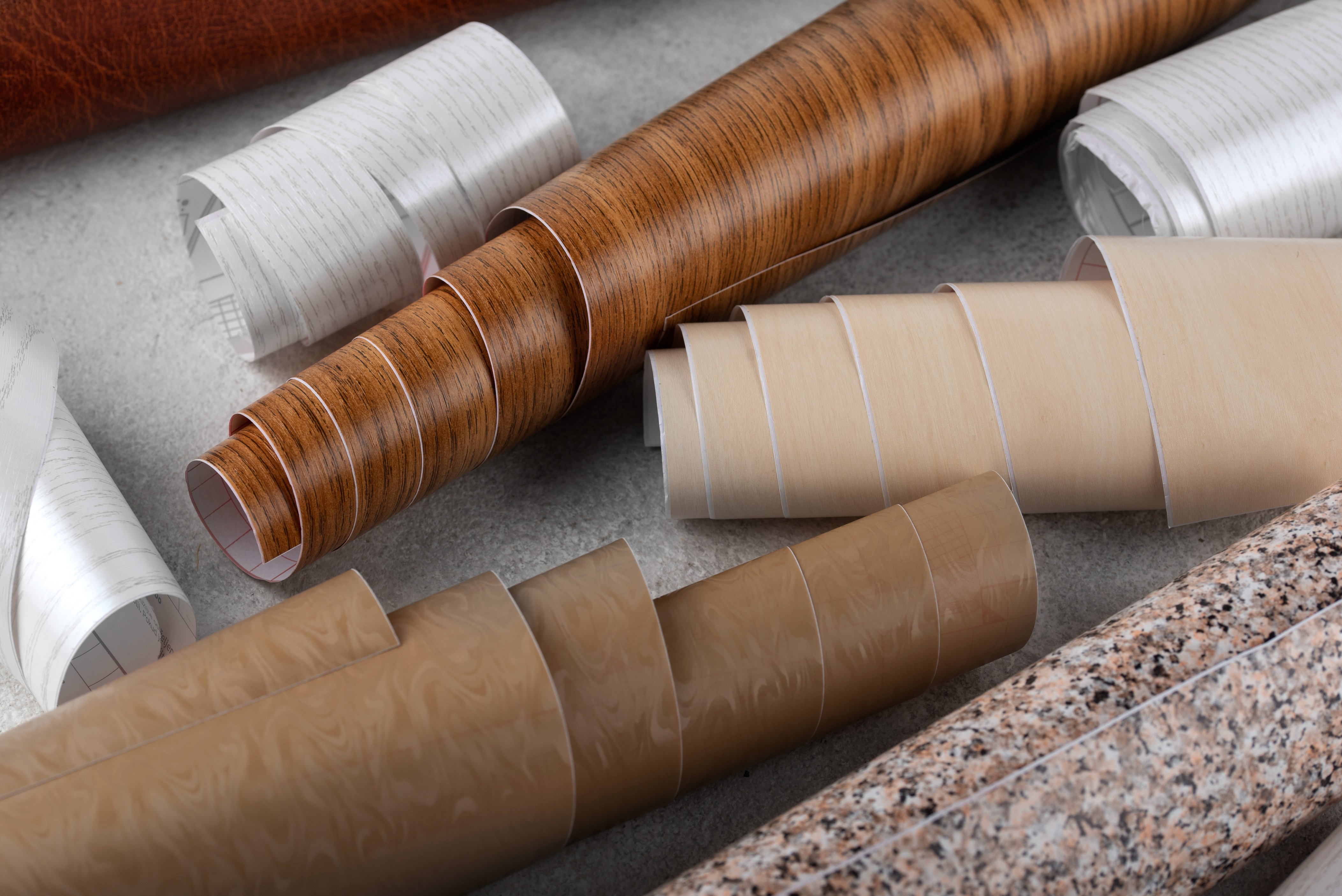
Where to Find the Best Multiwood Sheets for Your H...
05 May, 2025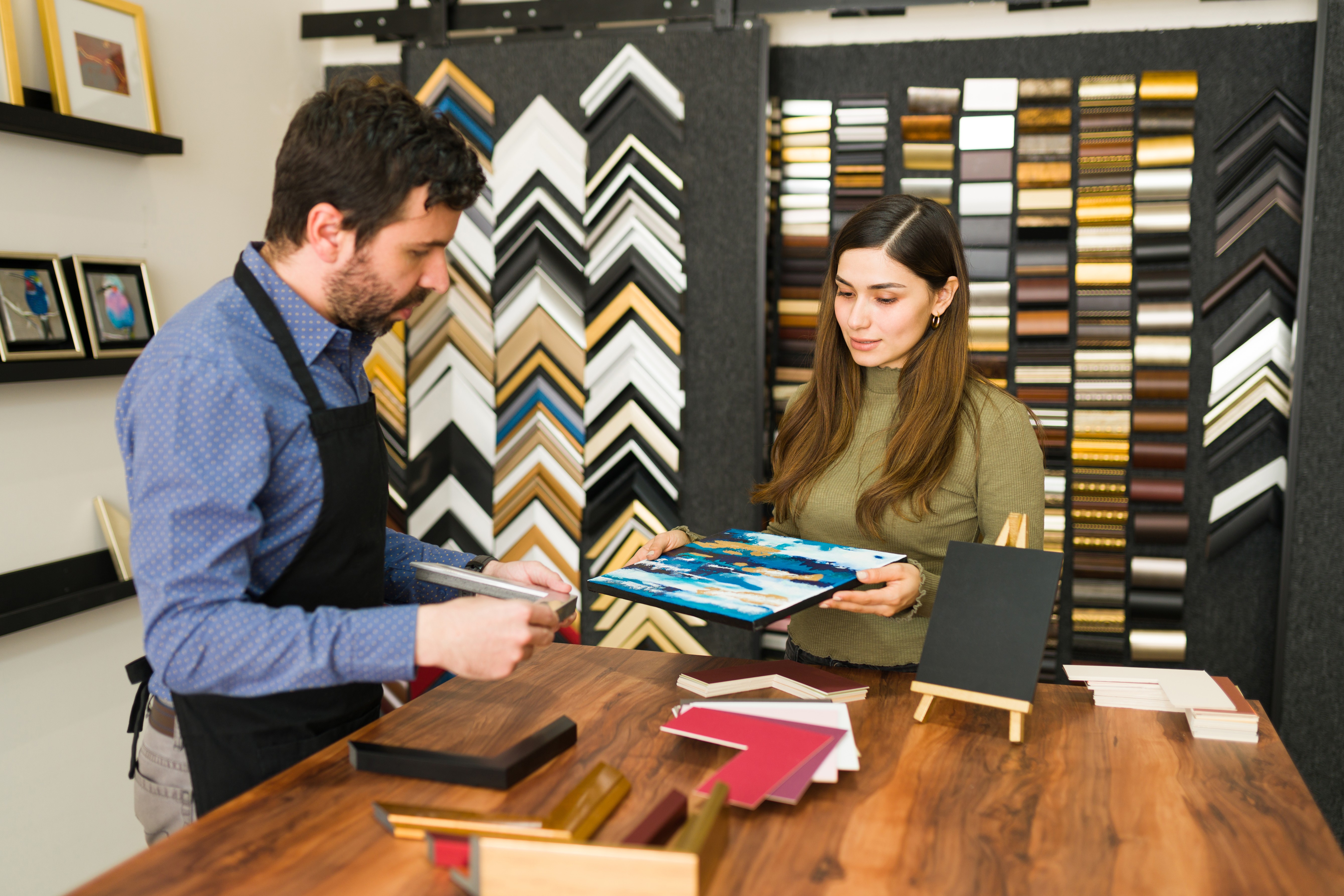
How Multiwood Dealers Are Meeting the Needs of Mod...
16 May, 2025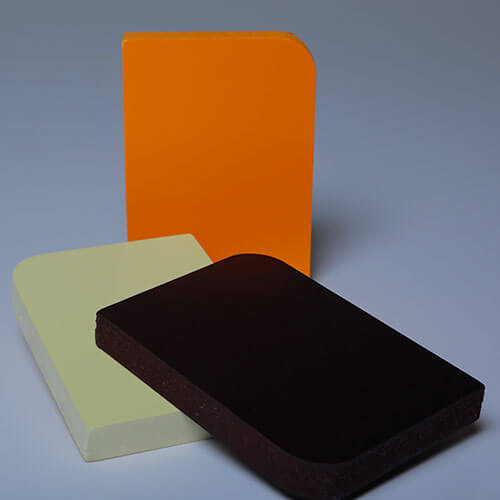
Local Sourcing vs Online Purchase: Where to Buy PV...
05 Jun, 2025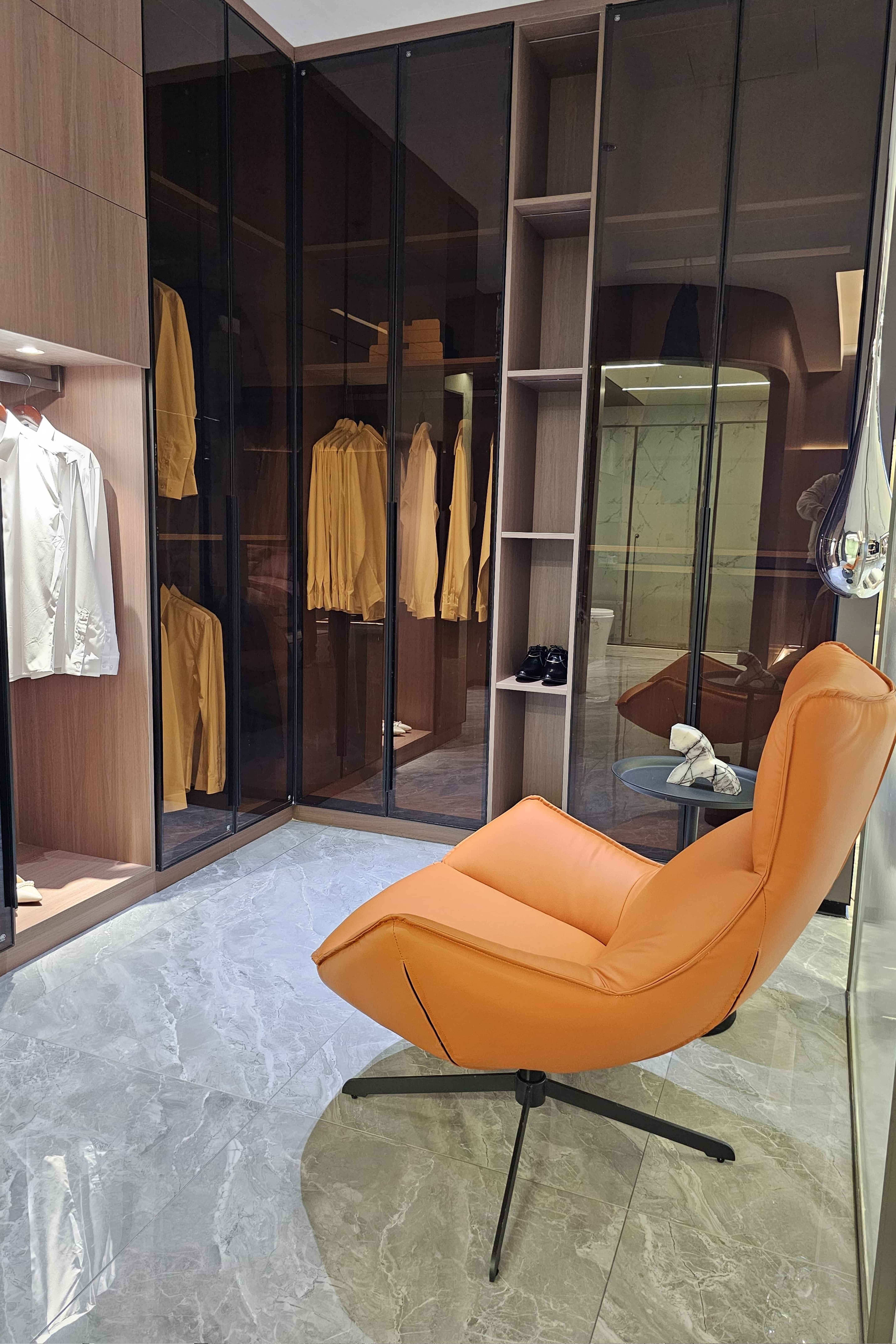
How to Use WPC Boards for Wardrobes and Interior F...
19 Jun, 2025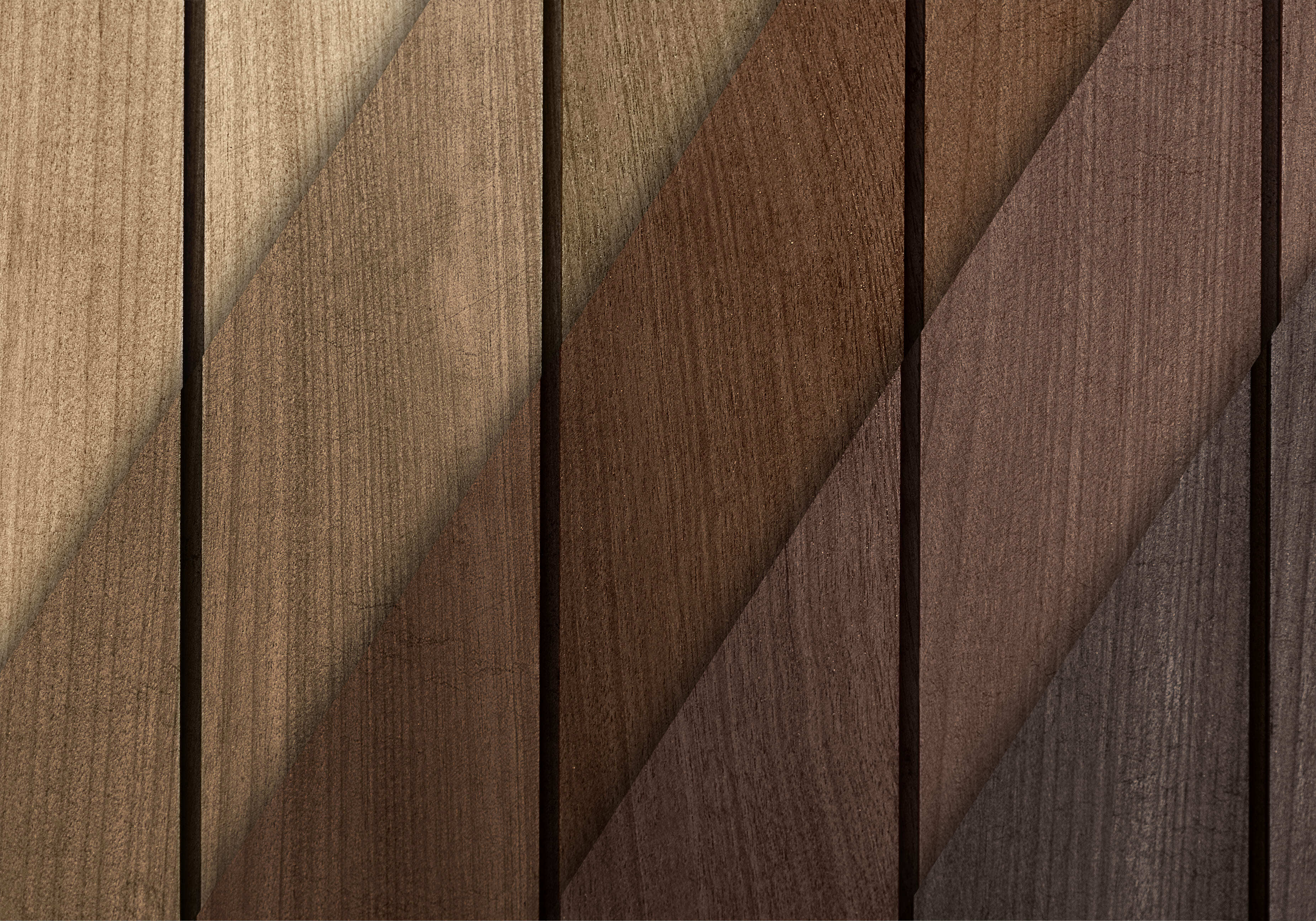
The Beginner’s Guide to Using Multiwood Sheets in...
07 Jul, 2025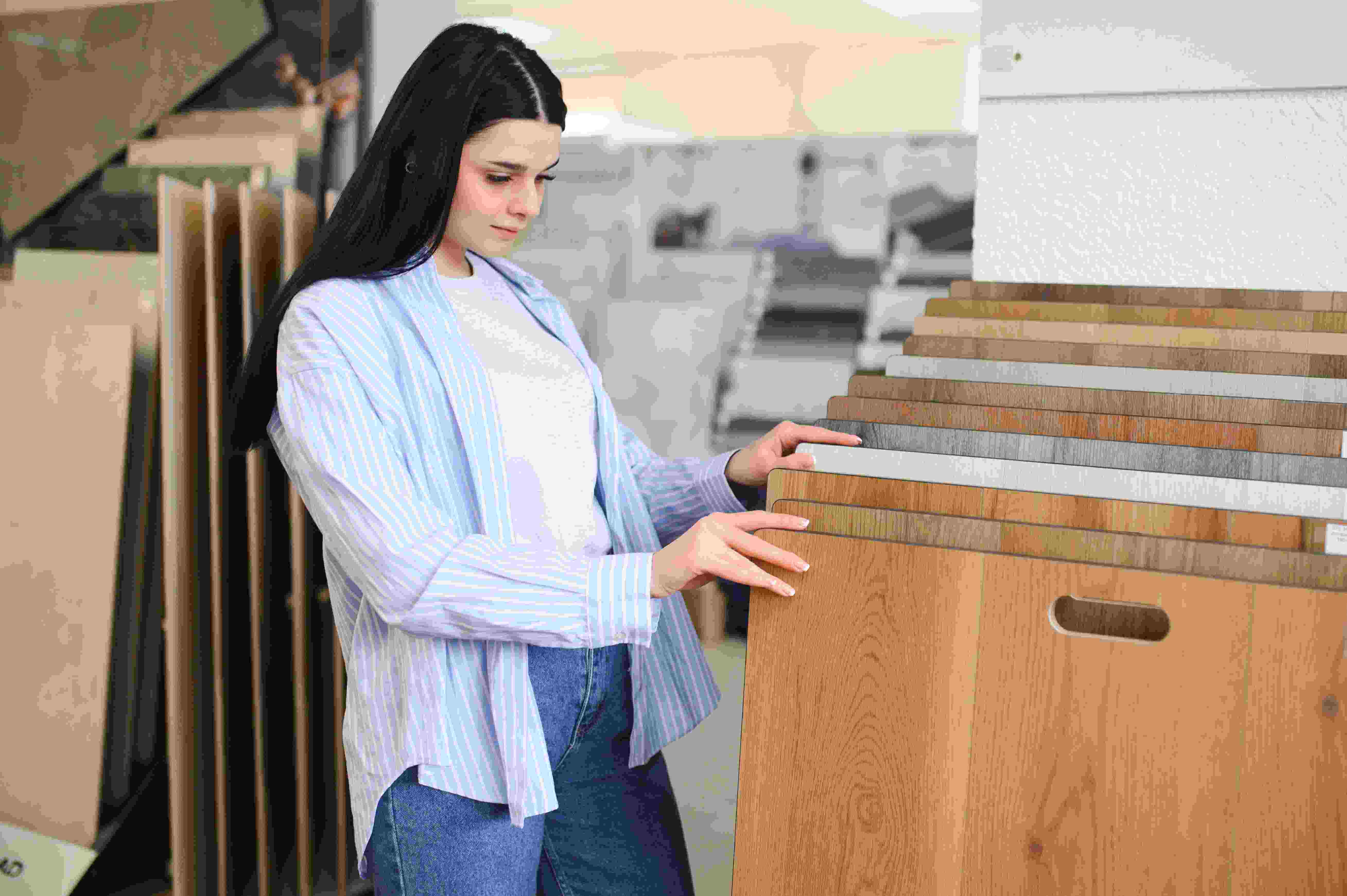
Top Mistakes to Avoid When Using PVC Foam Boards i...
16 Jul, 2025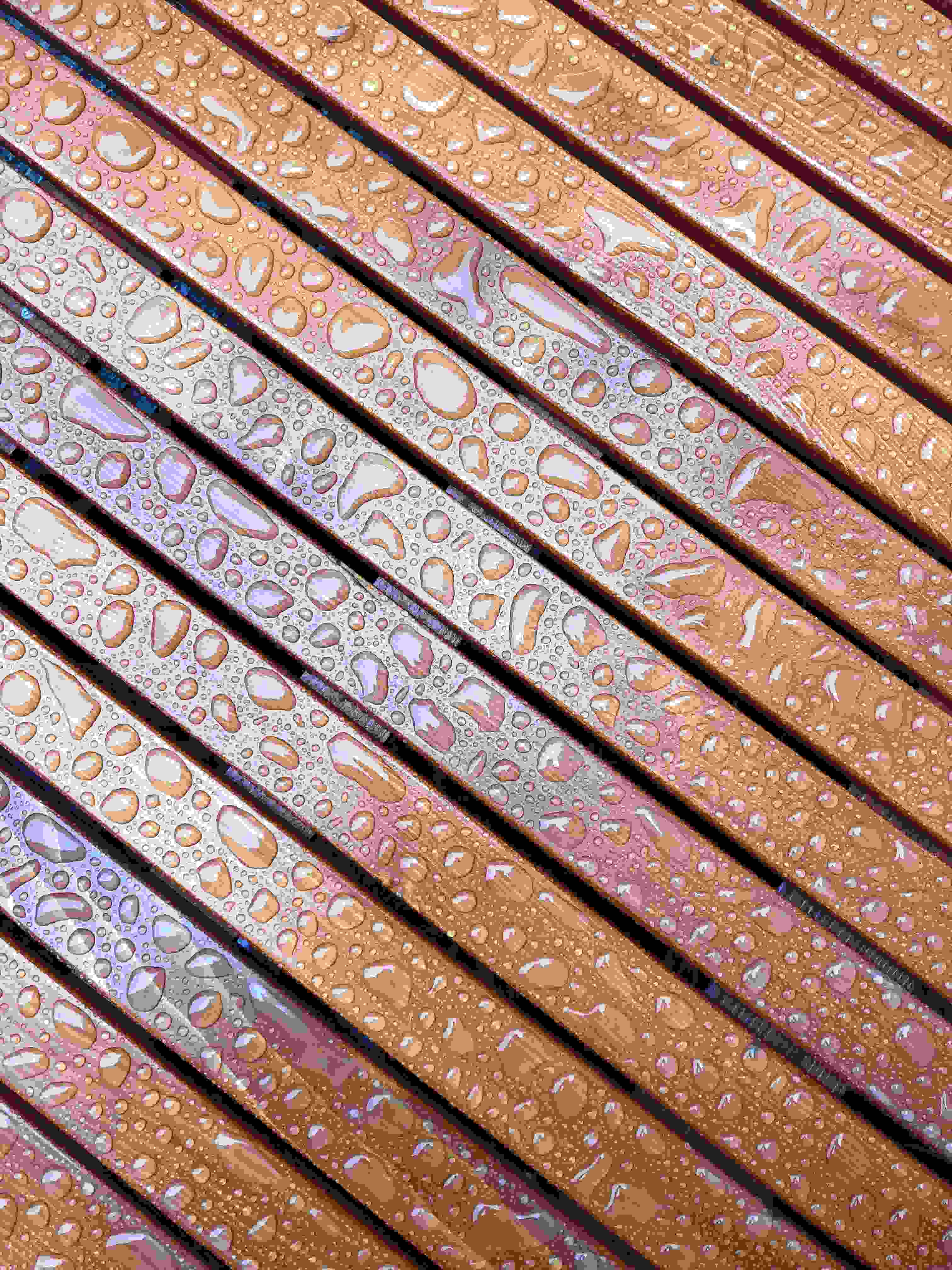
Everything You Should Know About Waterproof WPC Bo...
07 Aug, 2025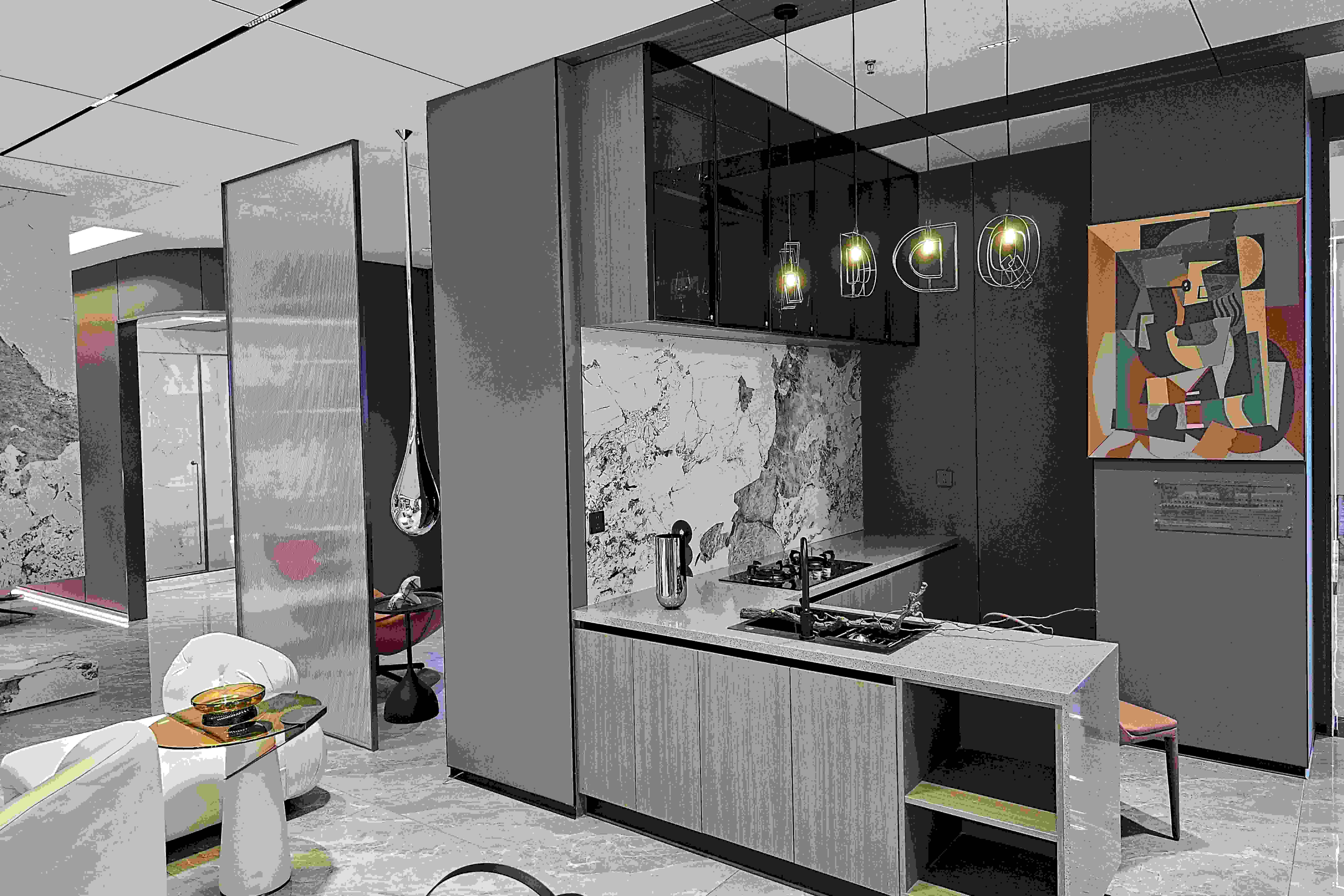
WPC Board vs PVC Board: Which One Should You Choo...
28 Aug, 2025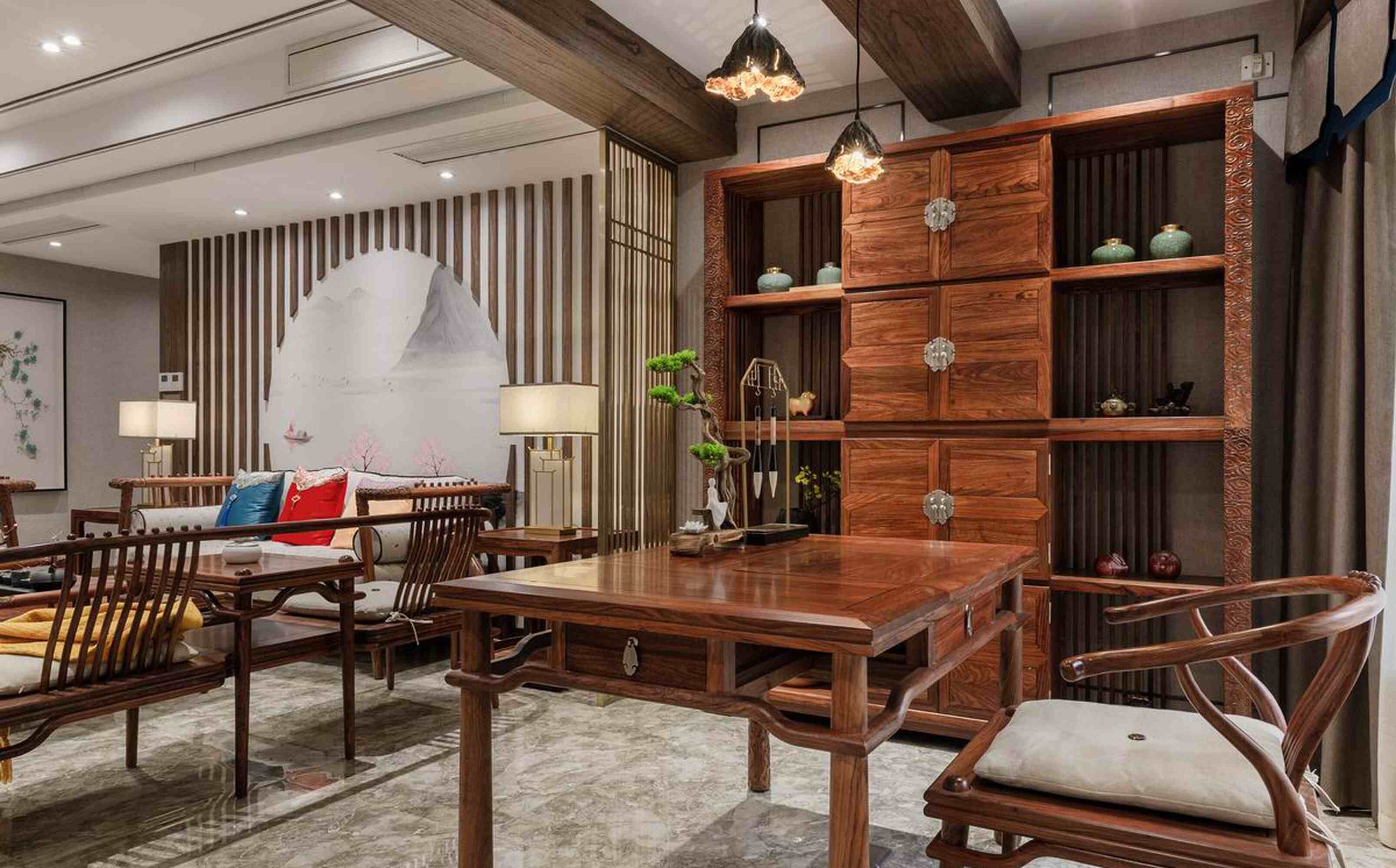
Emerging Trends in Multiwood Products and How Deal...
12 Sep, 2025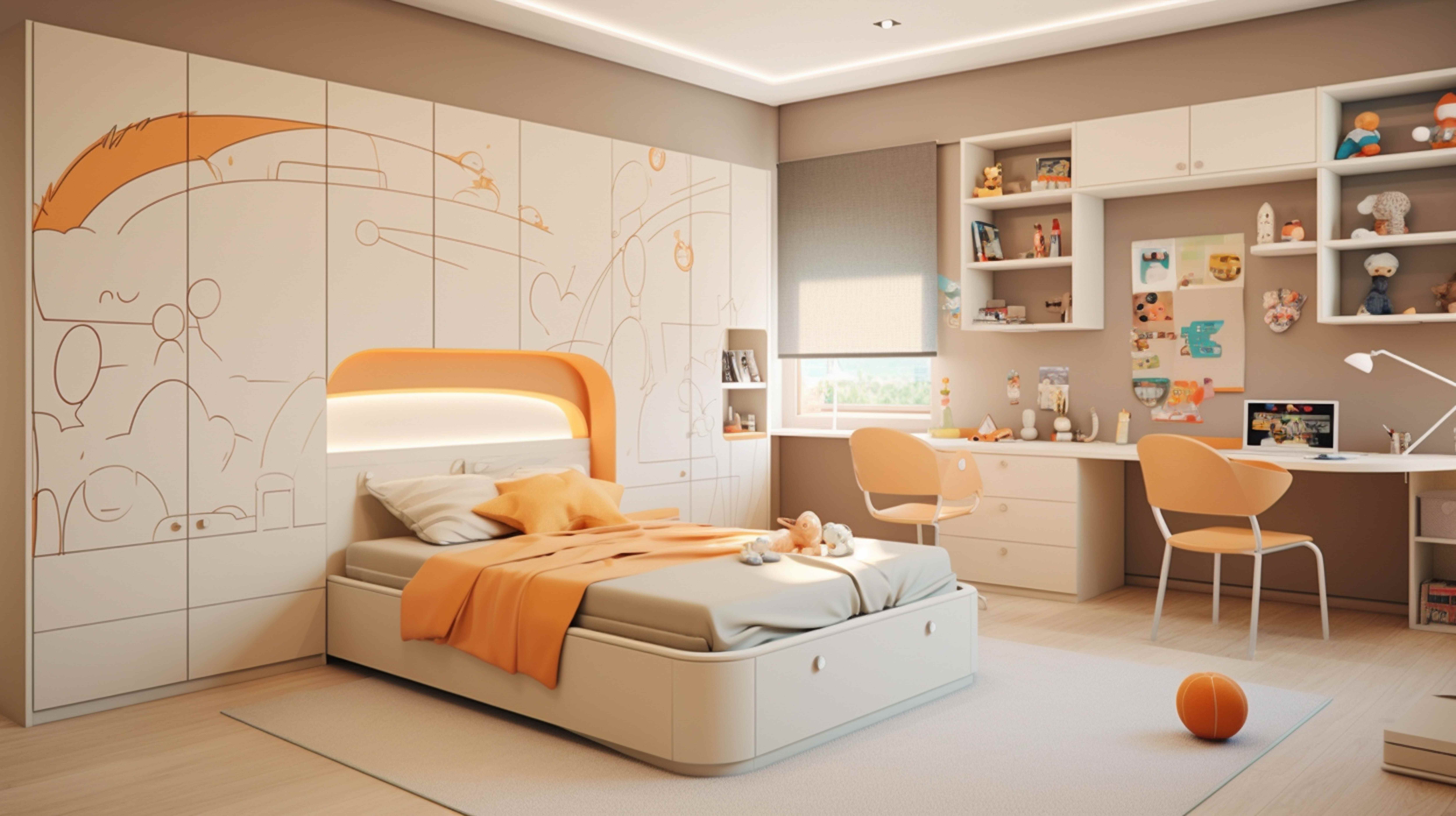
Creative Ideas for Kids’ Room Decor Using PVC Foam...
25 Sep, 2025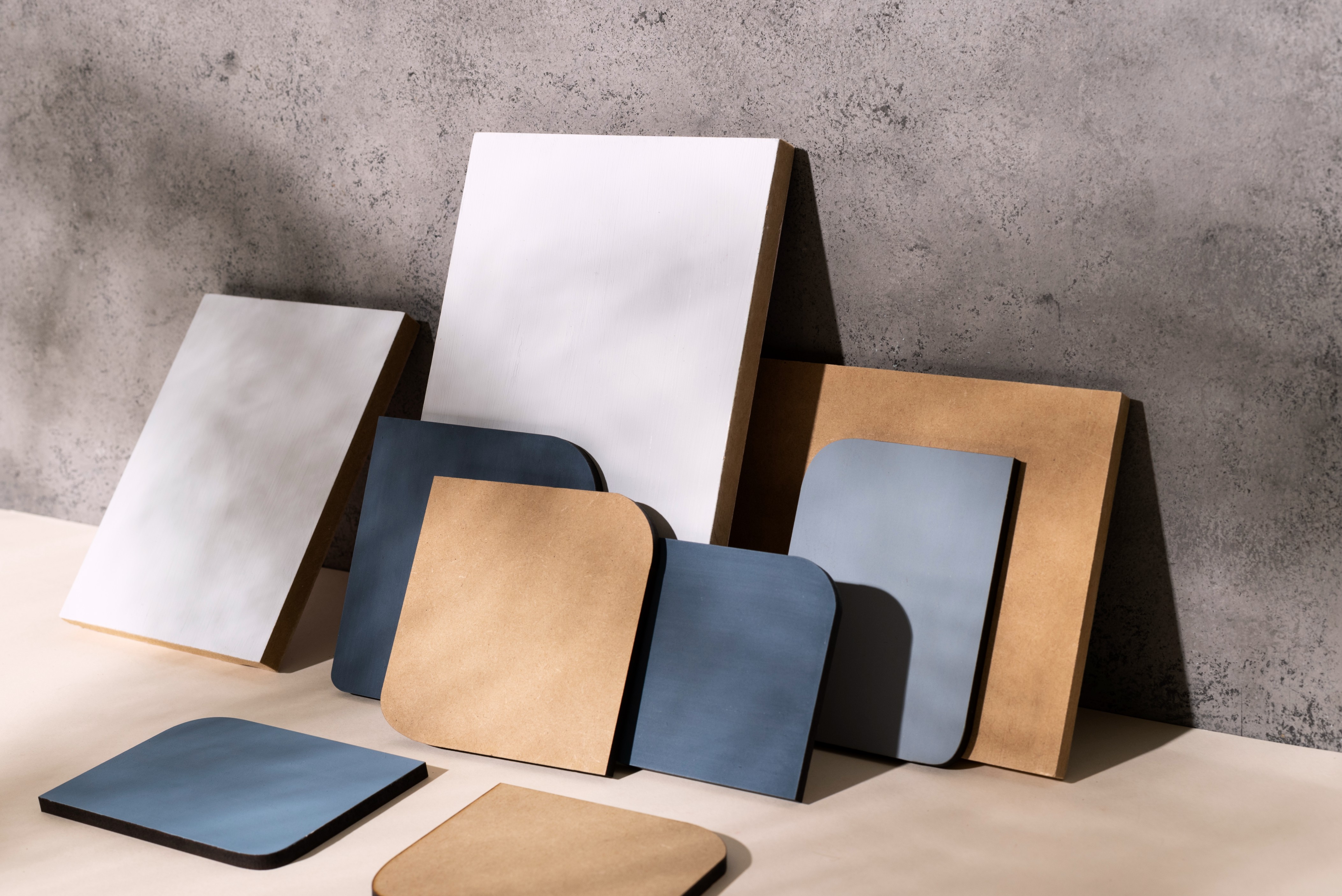
PVC Foam Board vs. Plywood: The Ultimate Compariso...
08 Oct, 2025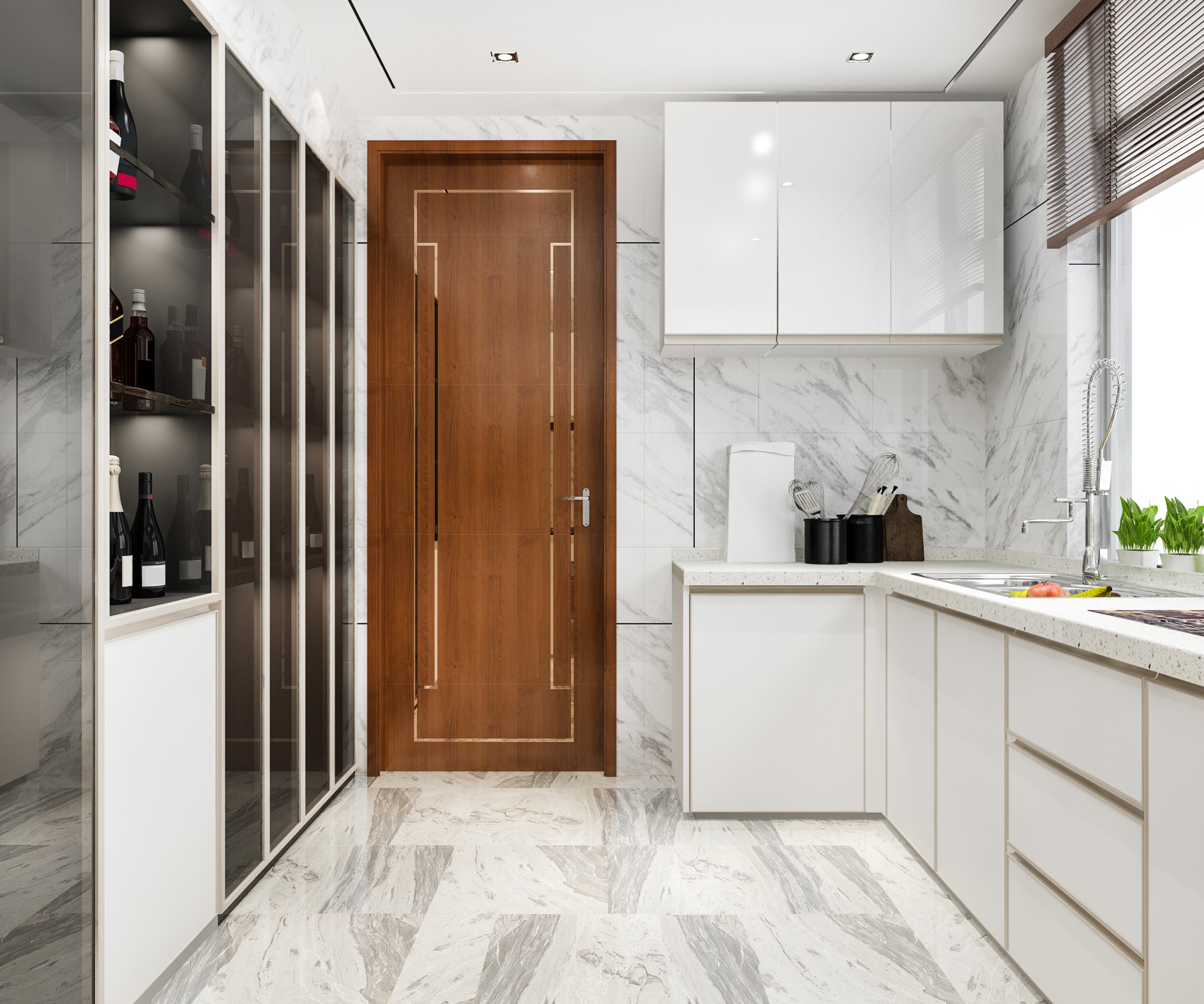
Top Reasons to Choose WPC Bathroom Doors for India...
30 Oct, 2025
A Guide to Choosing the Right Multiwood Dealer for...
27 Nov, 2025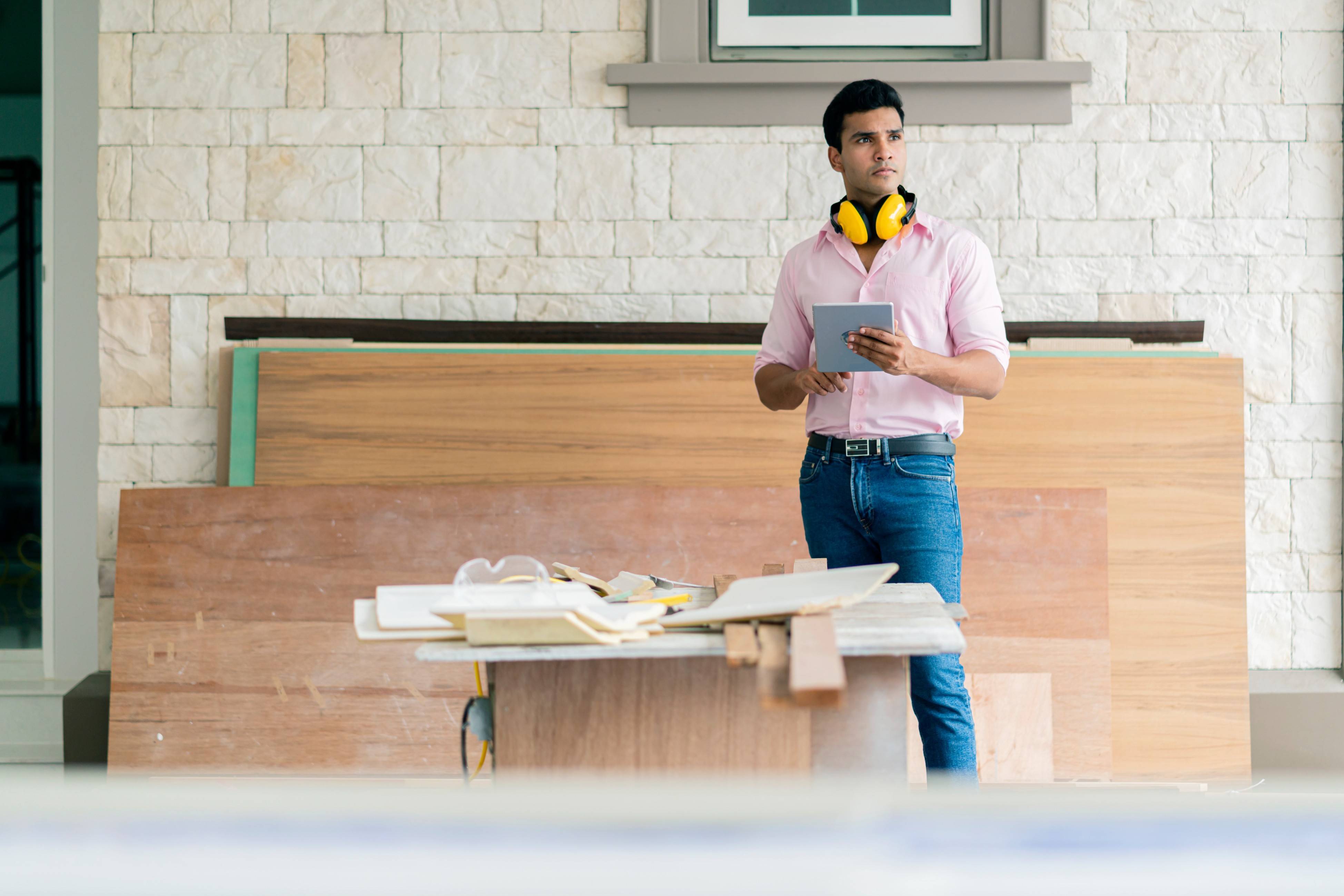
The Long-Term Financial Benefits of Choosing WPC B...
01 Dec, 2025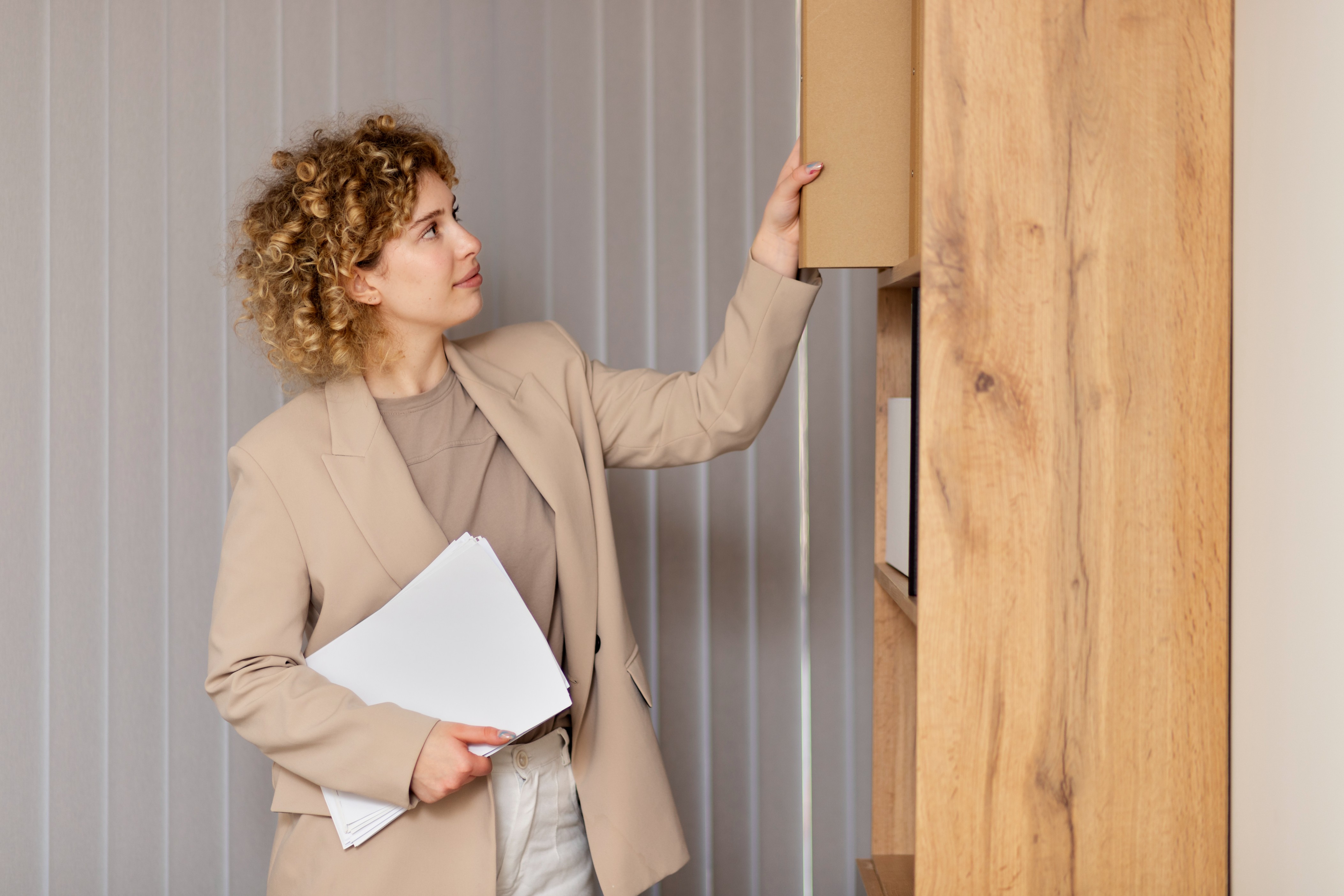
The Ultimate Guide to 3-Layer WPC Boards and Their...
23 Dec, 2025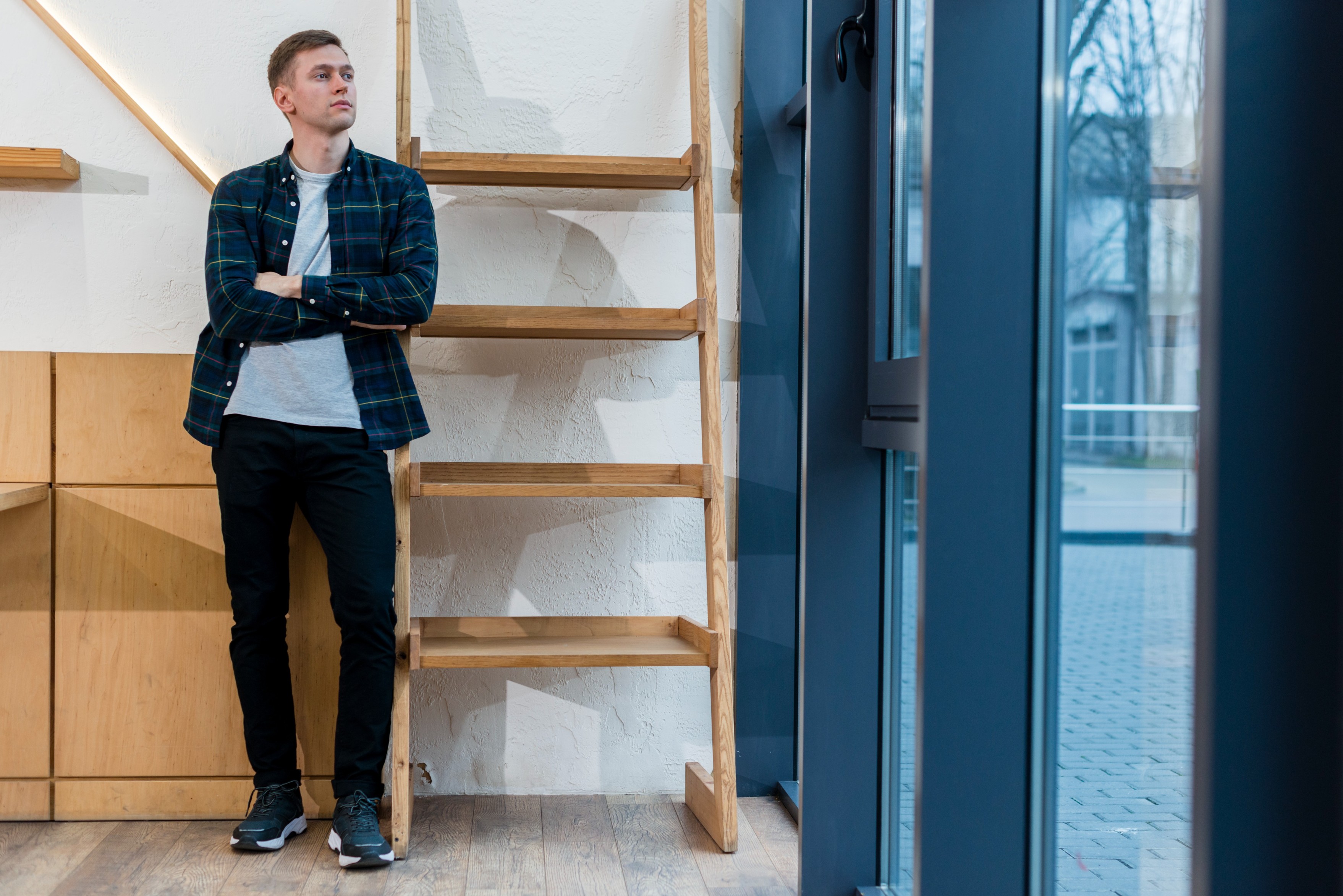
Why You Should Choose Denwud’s 3-Layered WPC Board...
29 Dec, 2025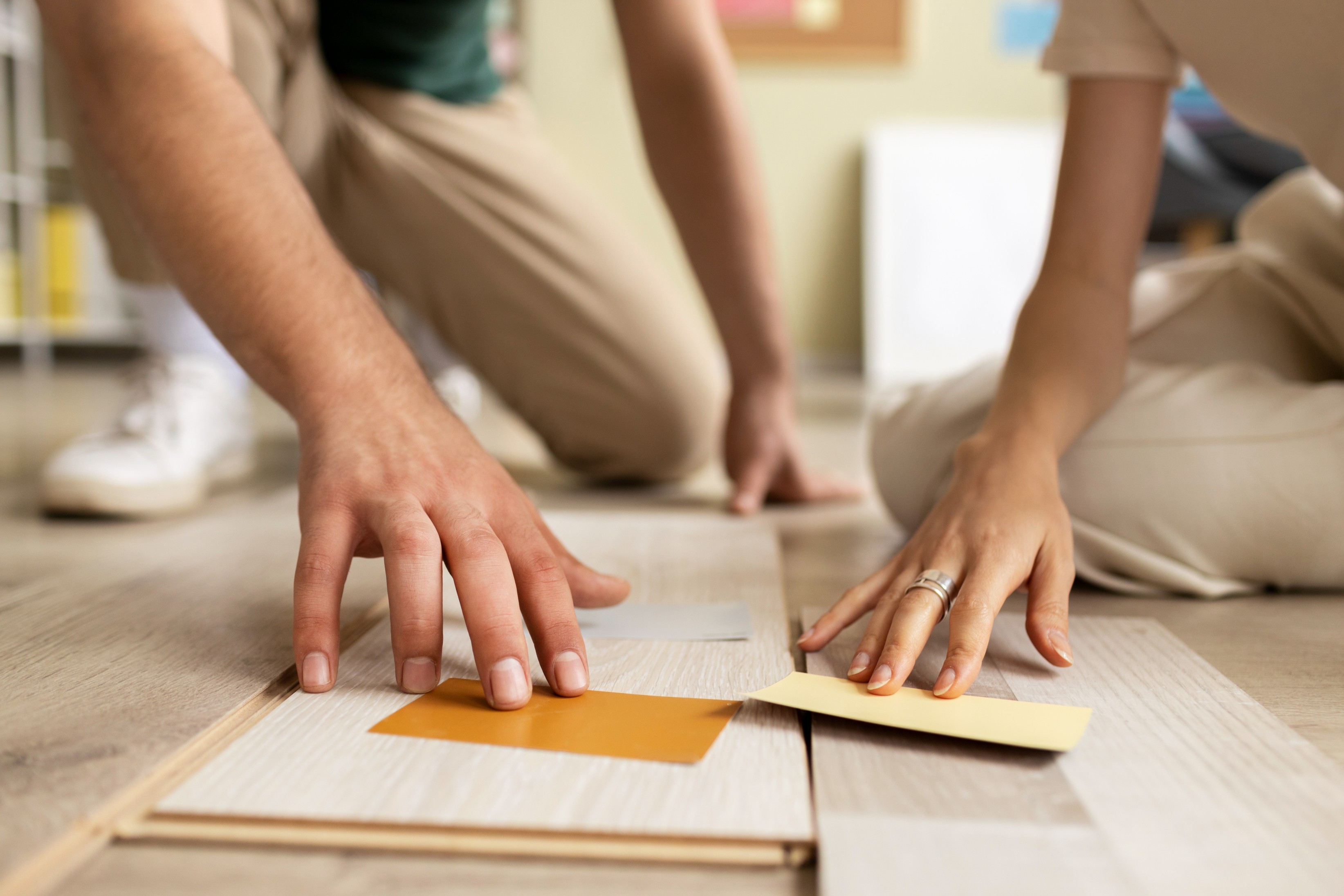
How to Choose the Right Decorative Laminate Sheet
22 Jan, 2026